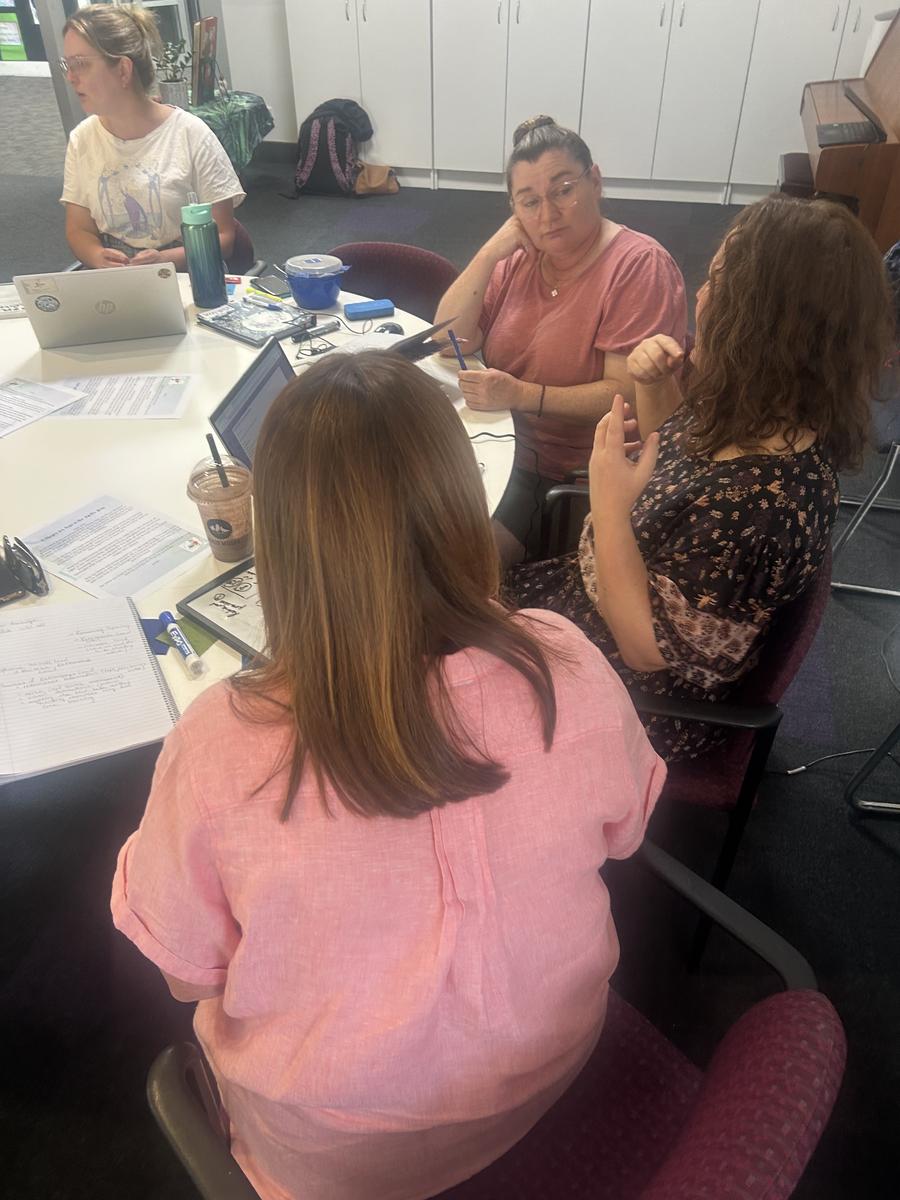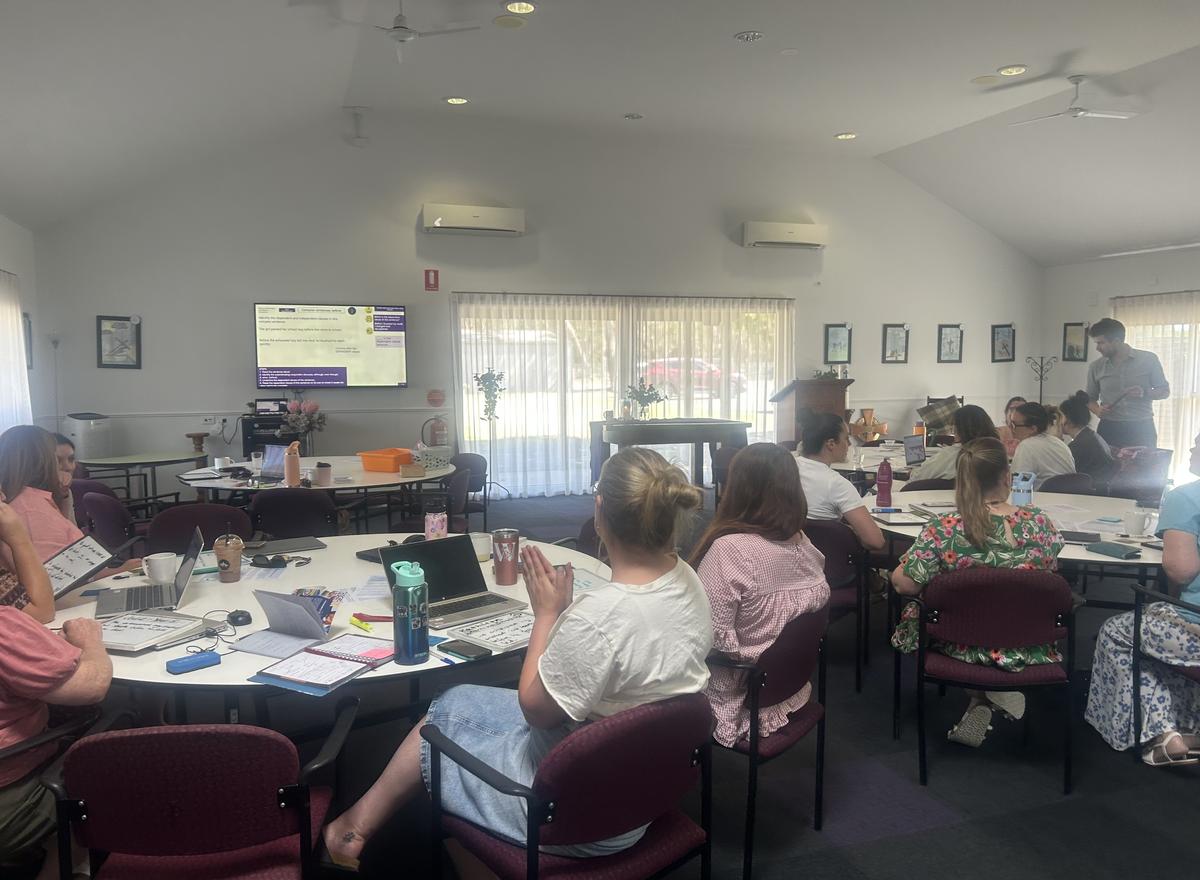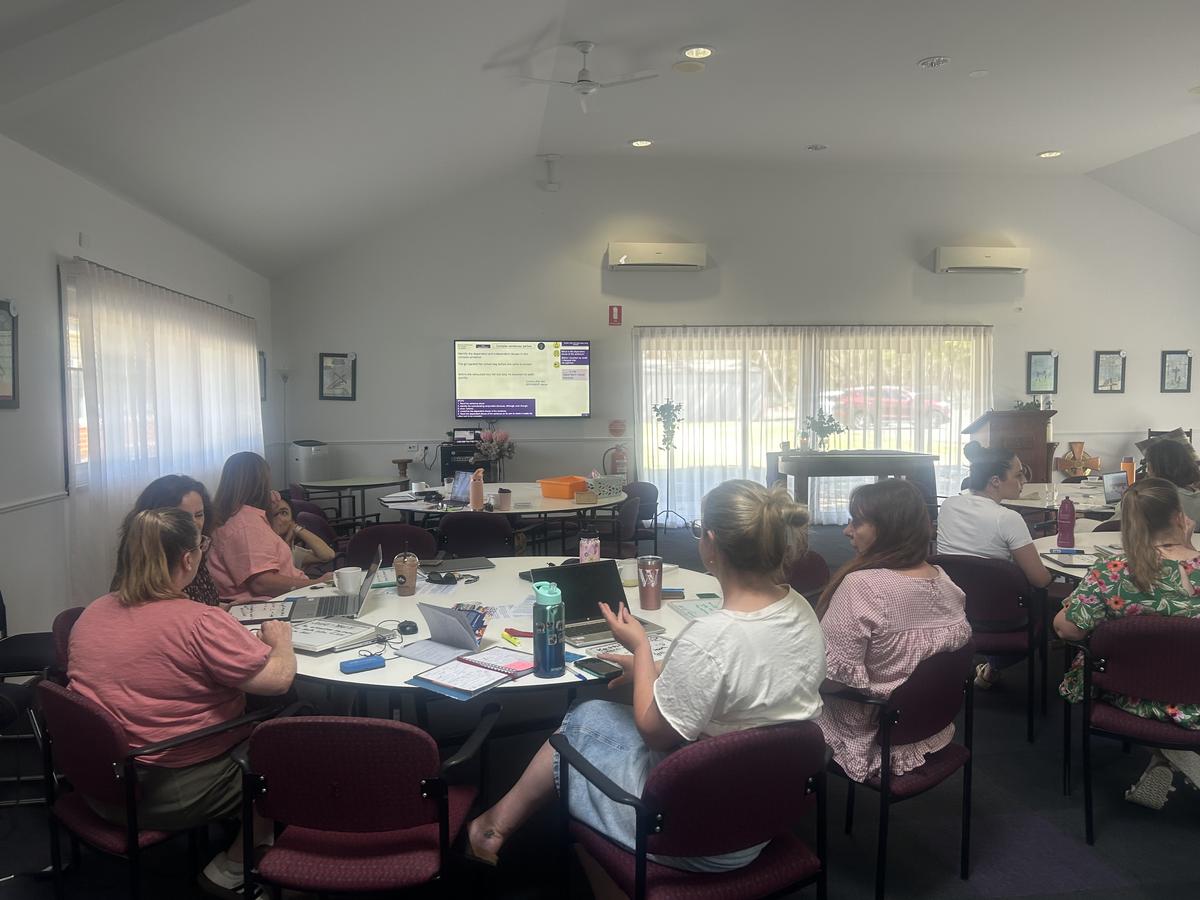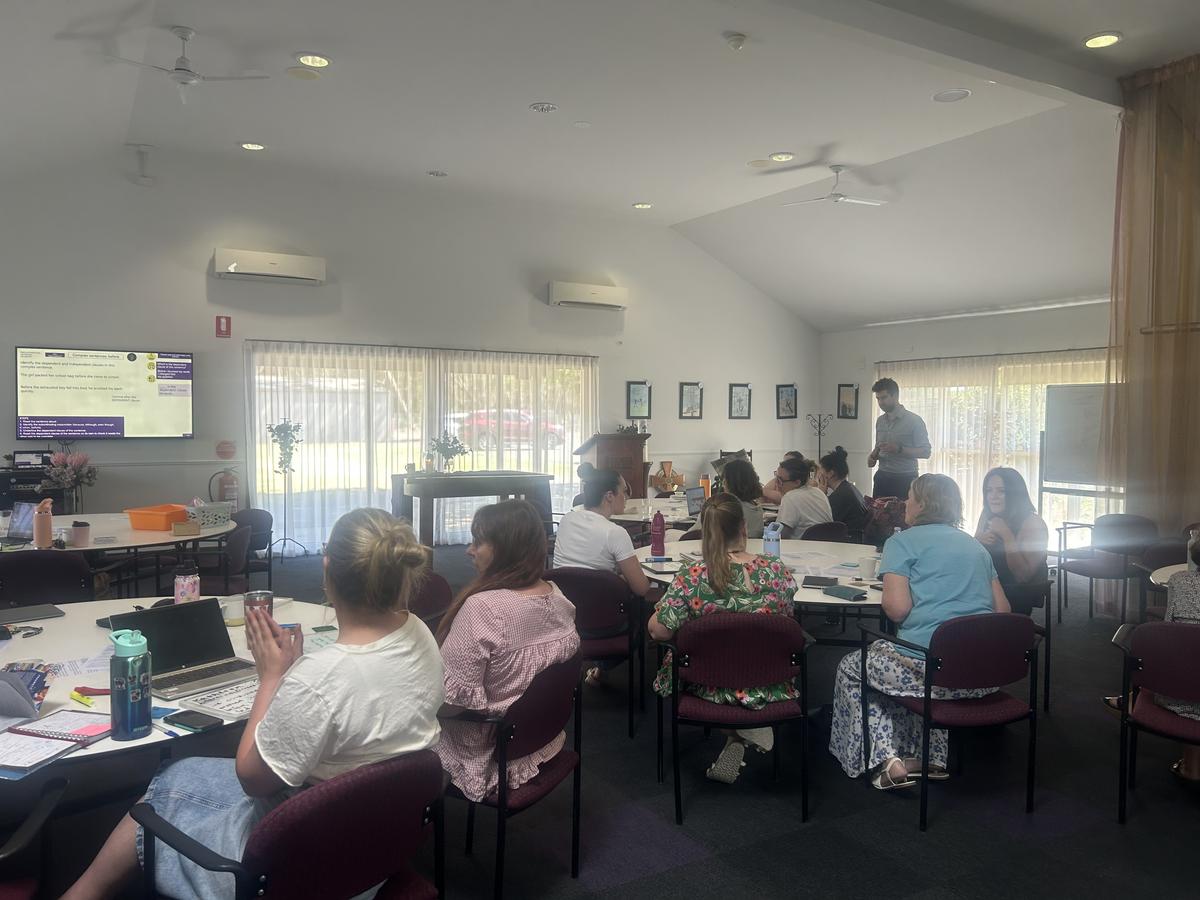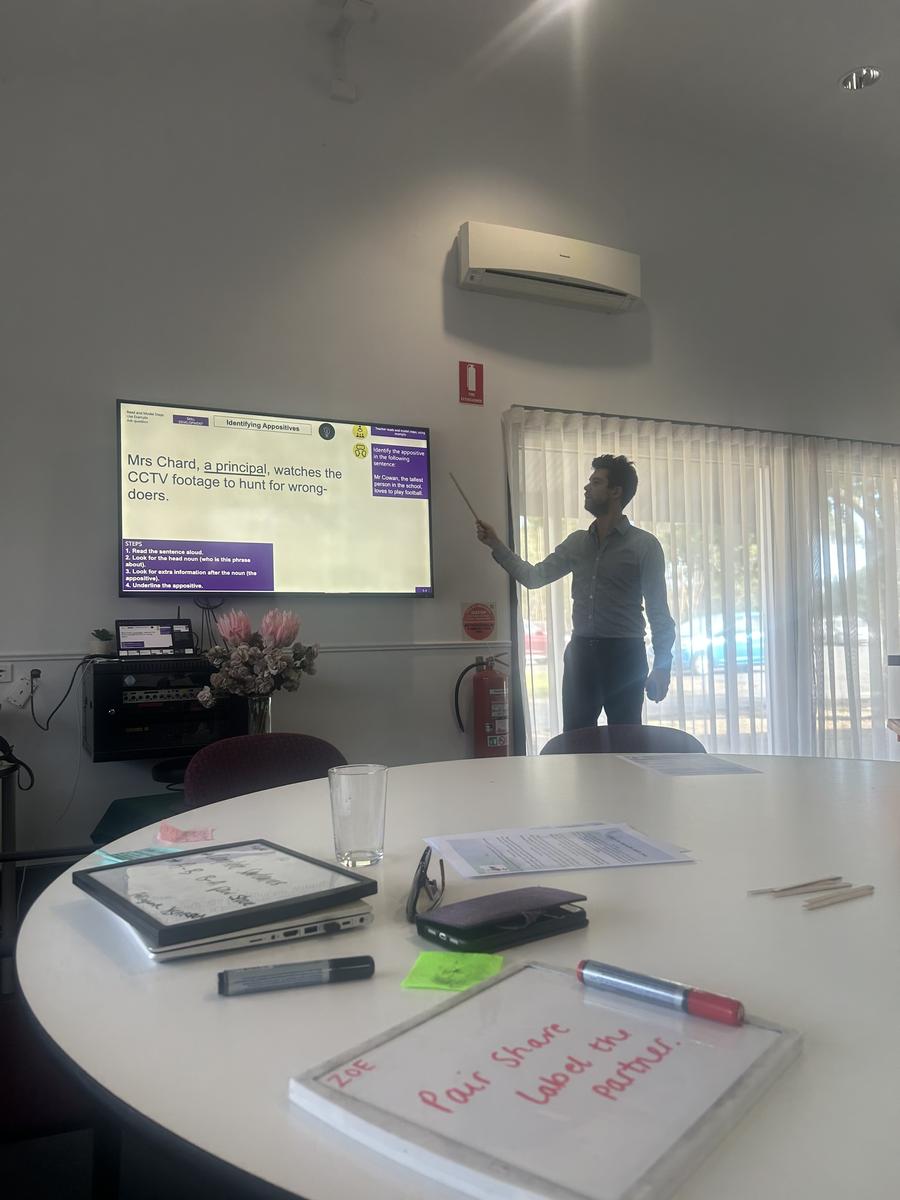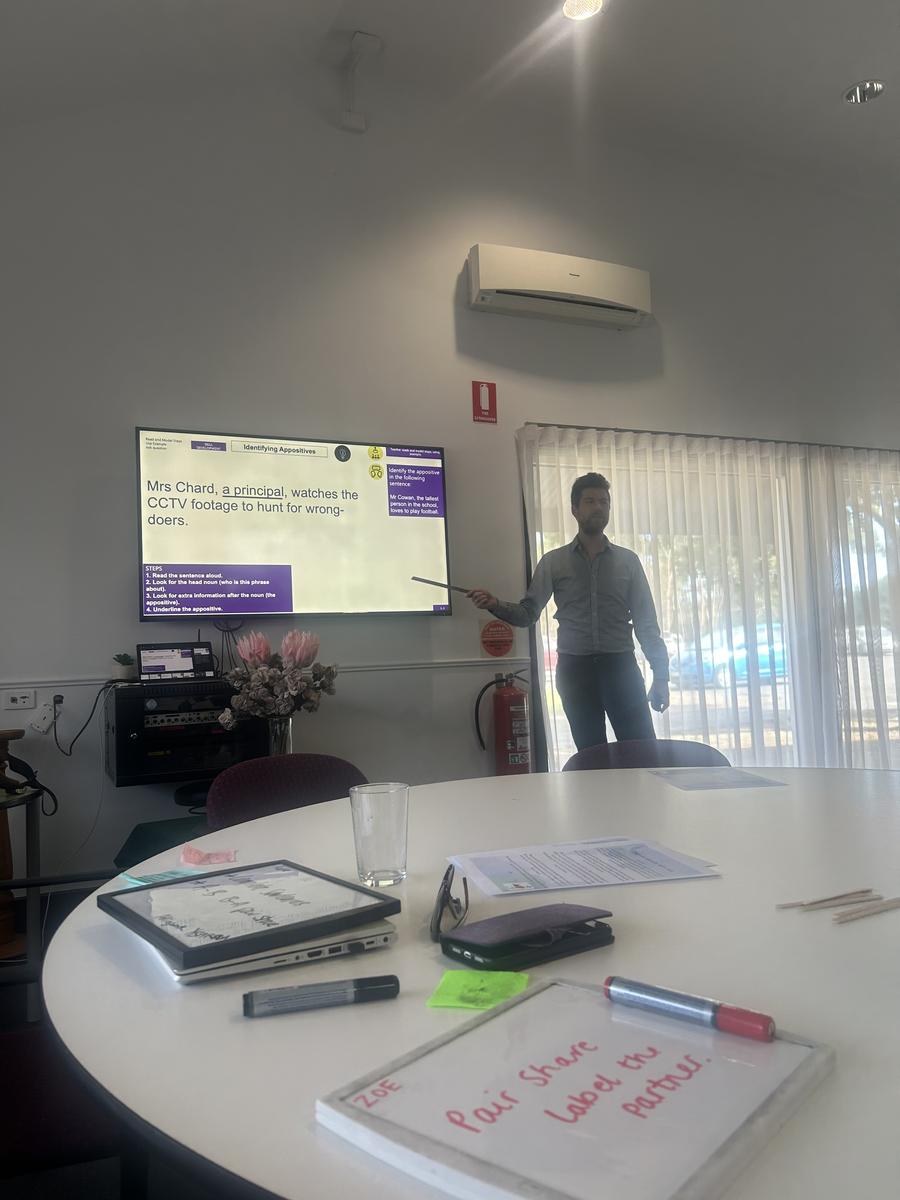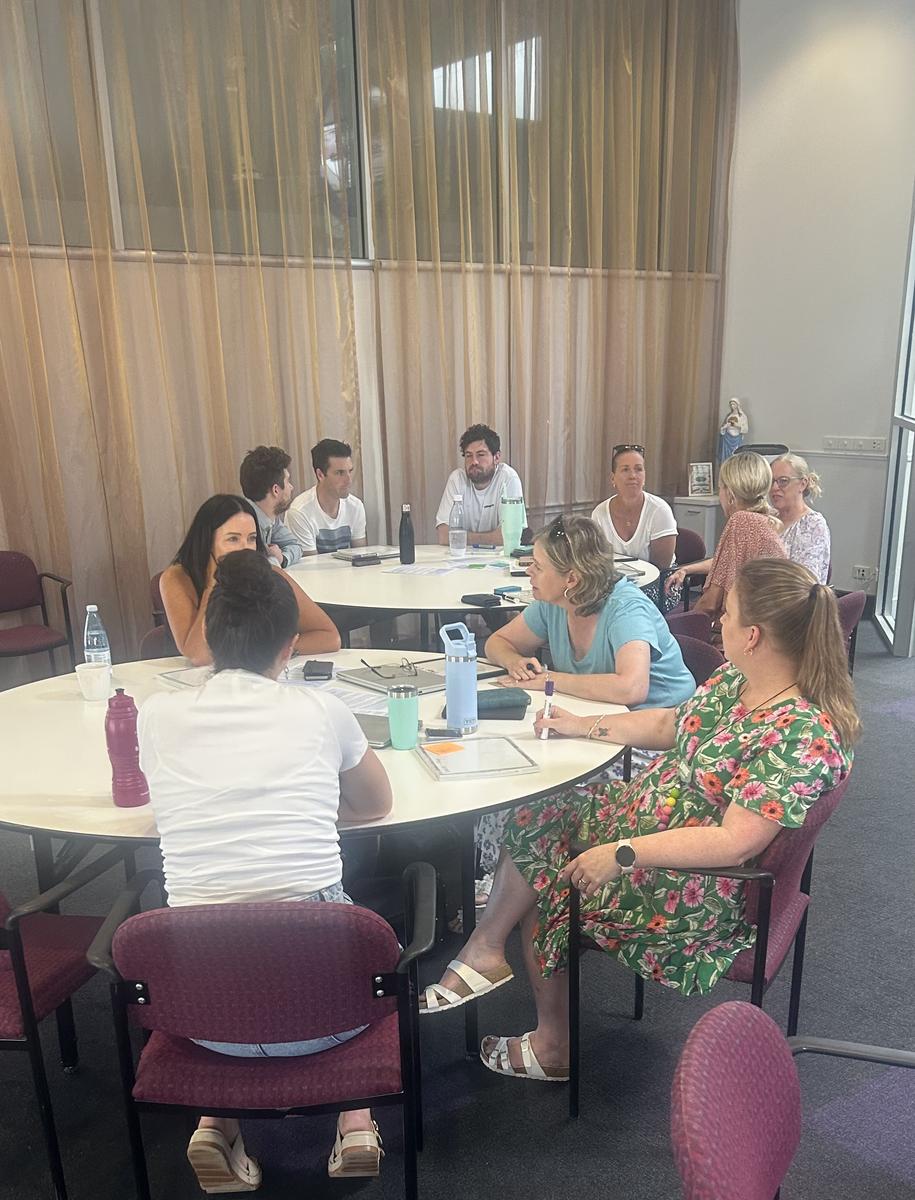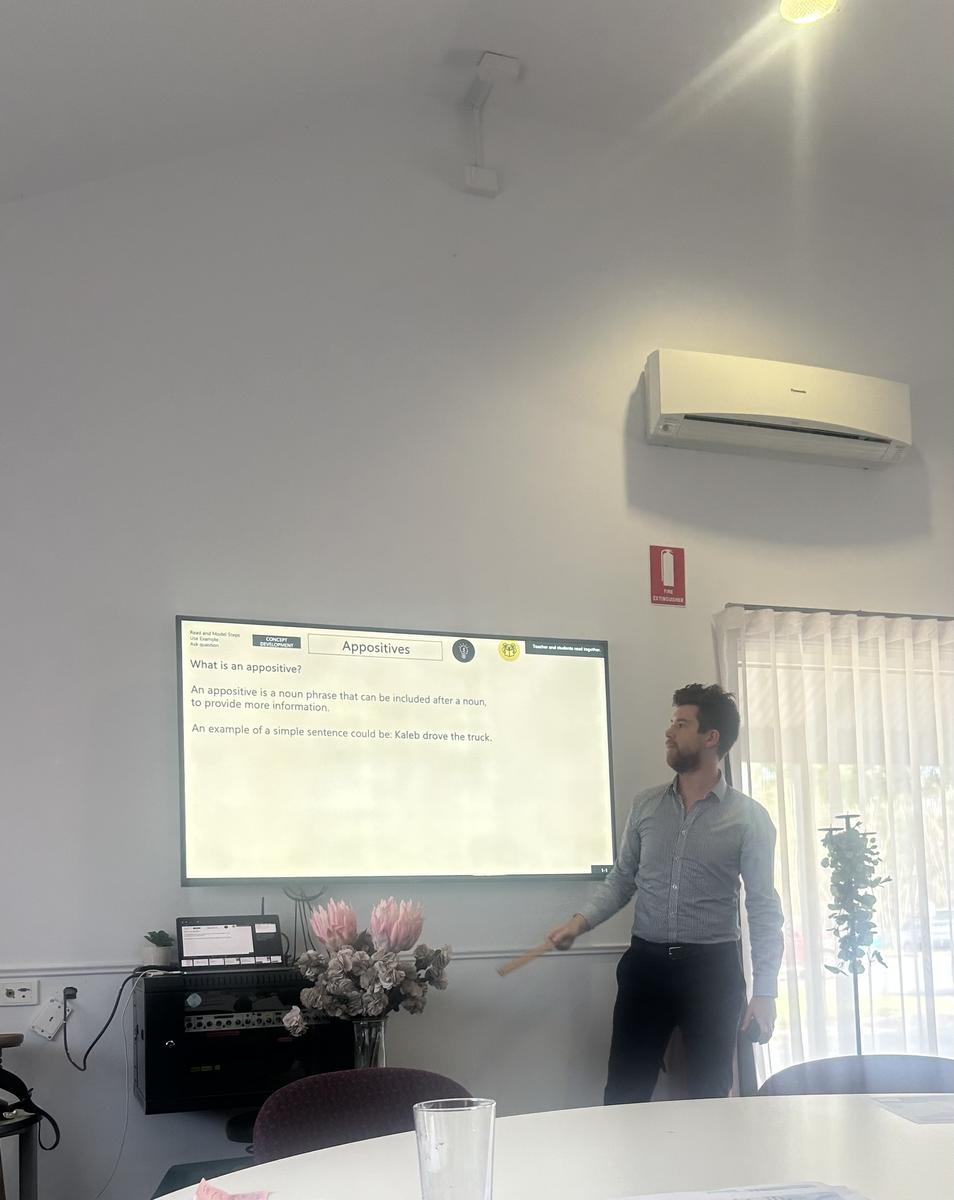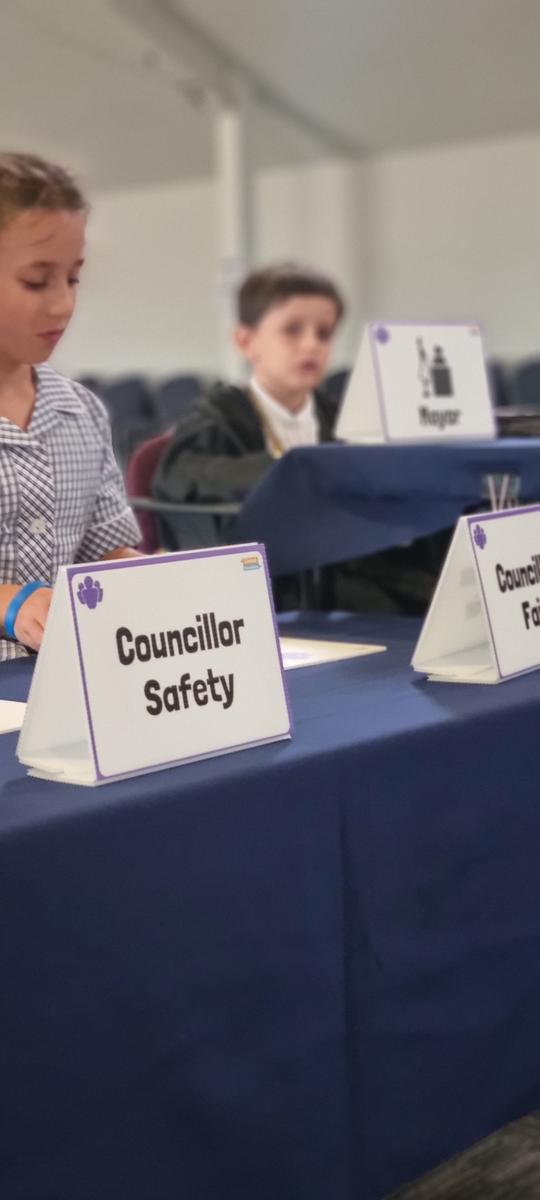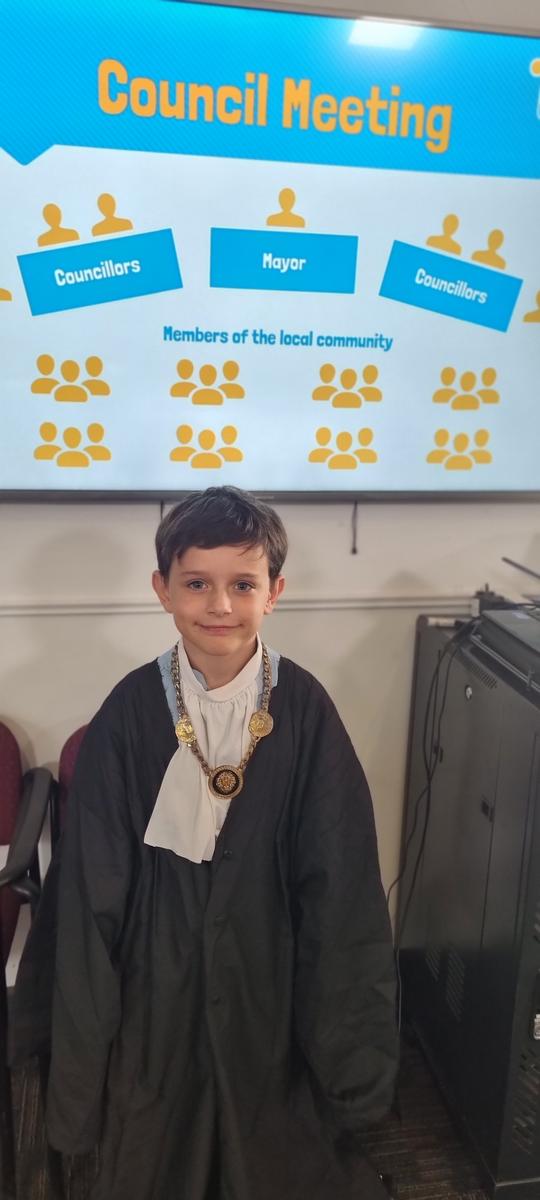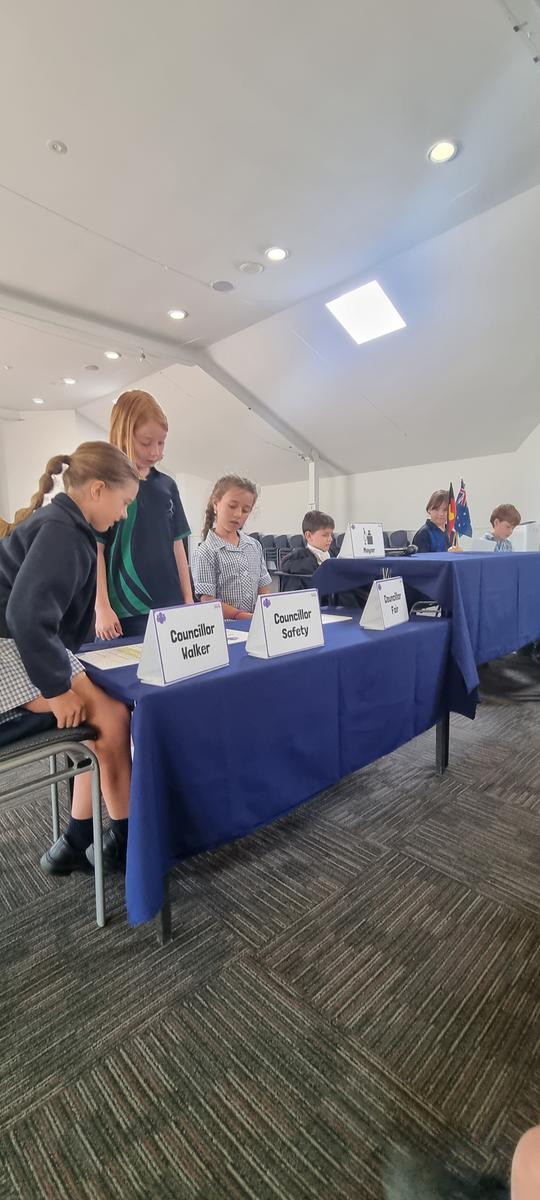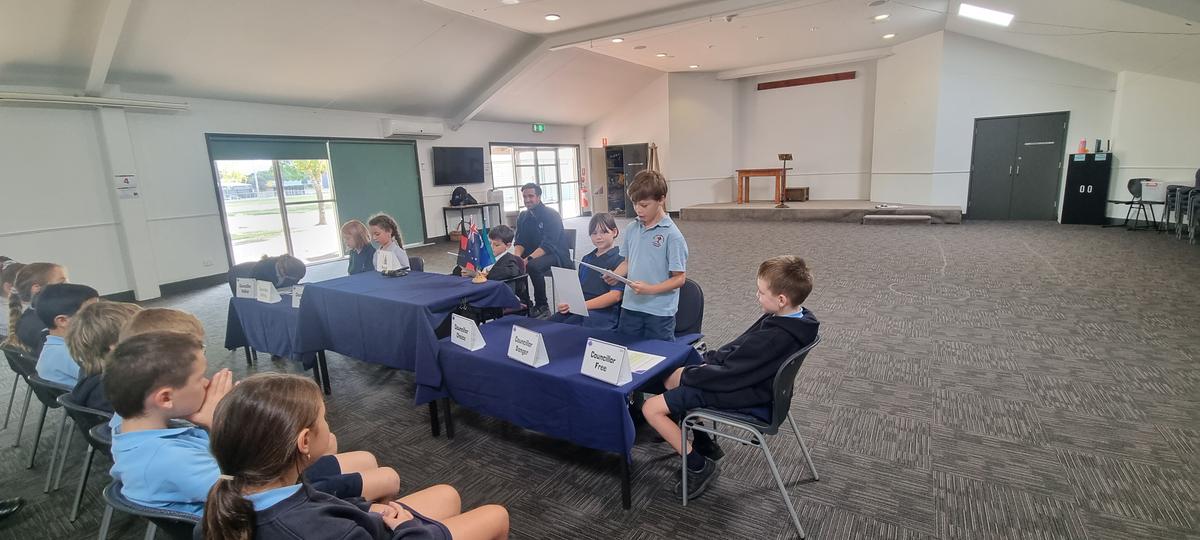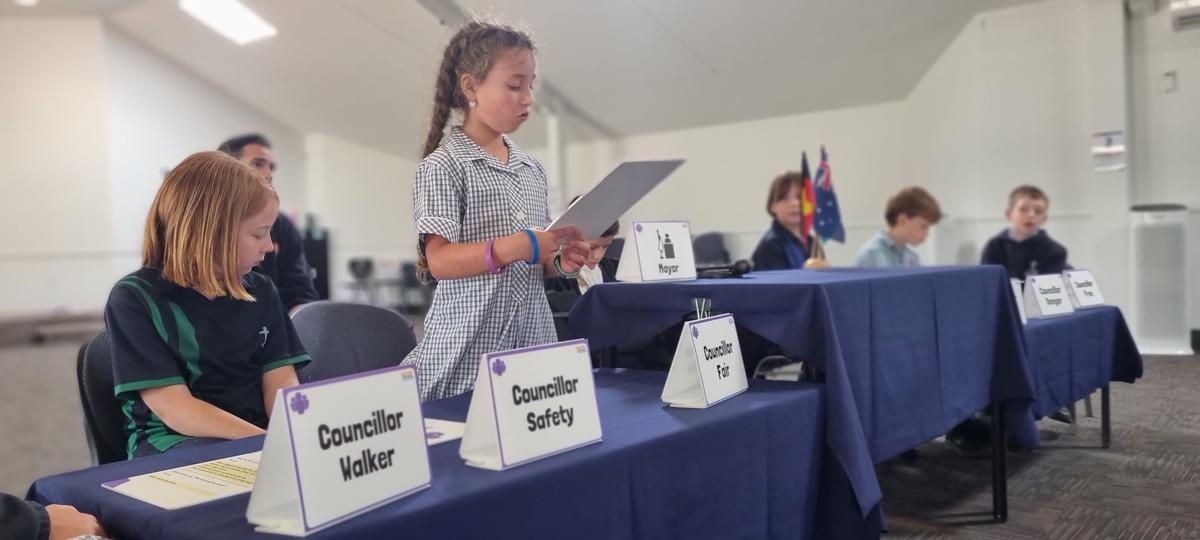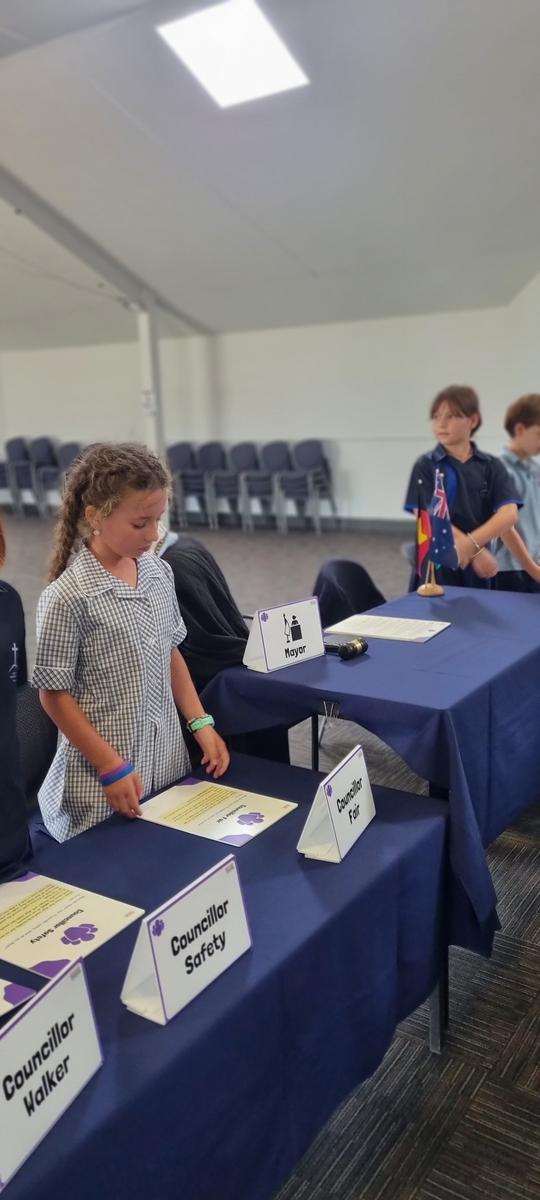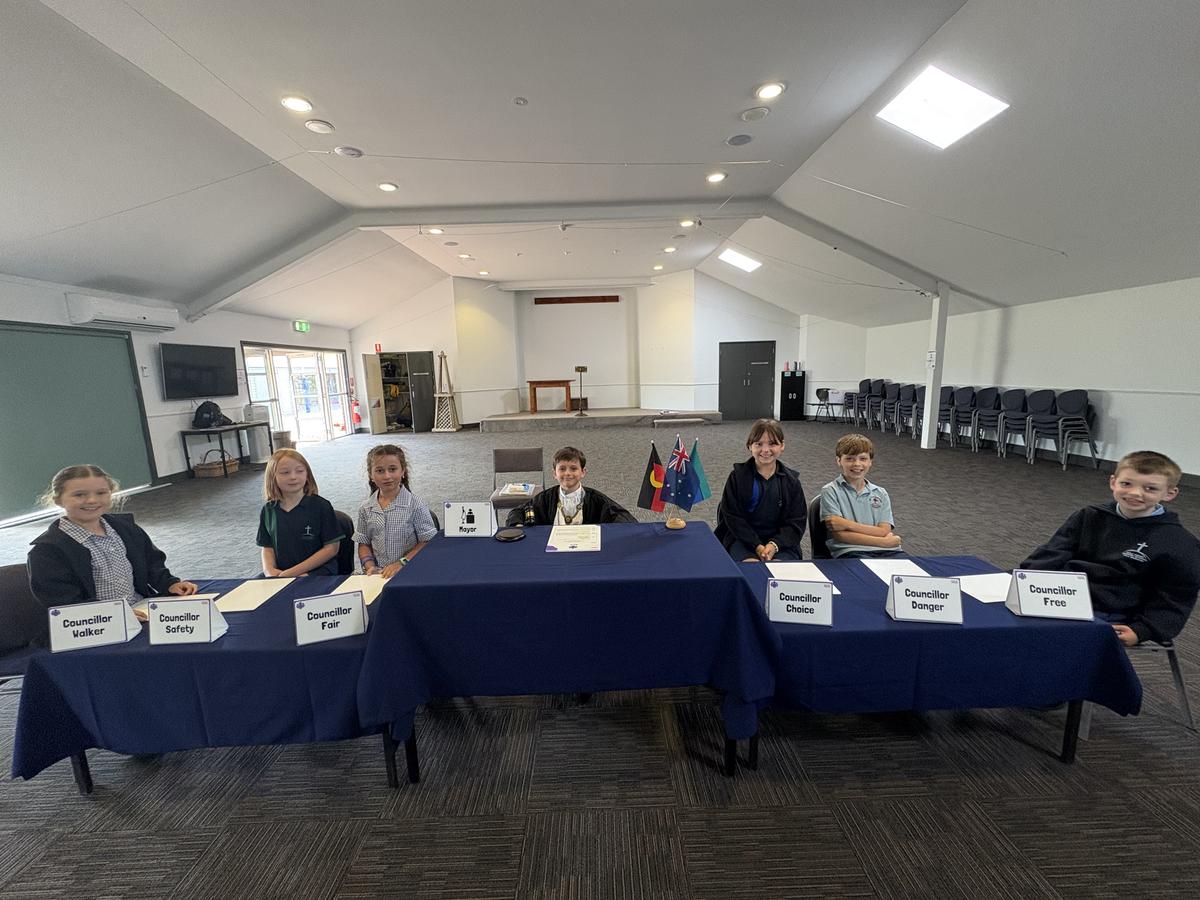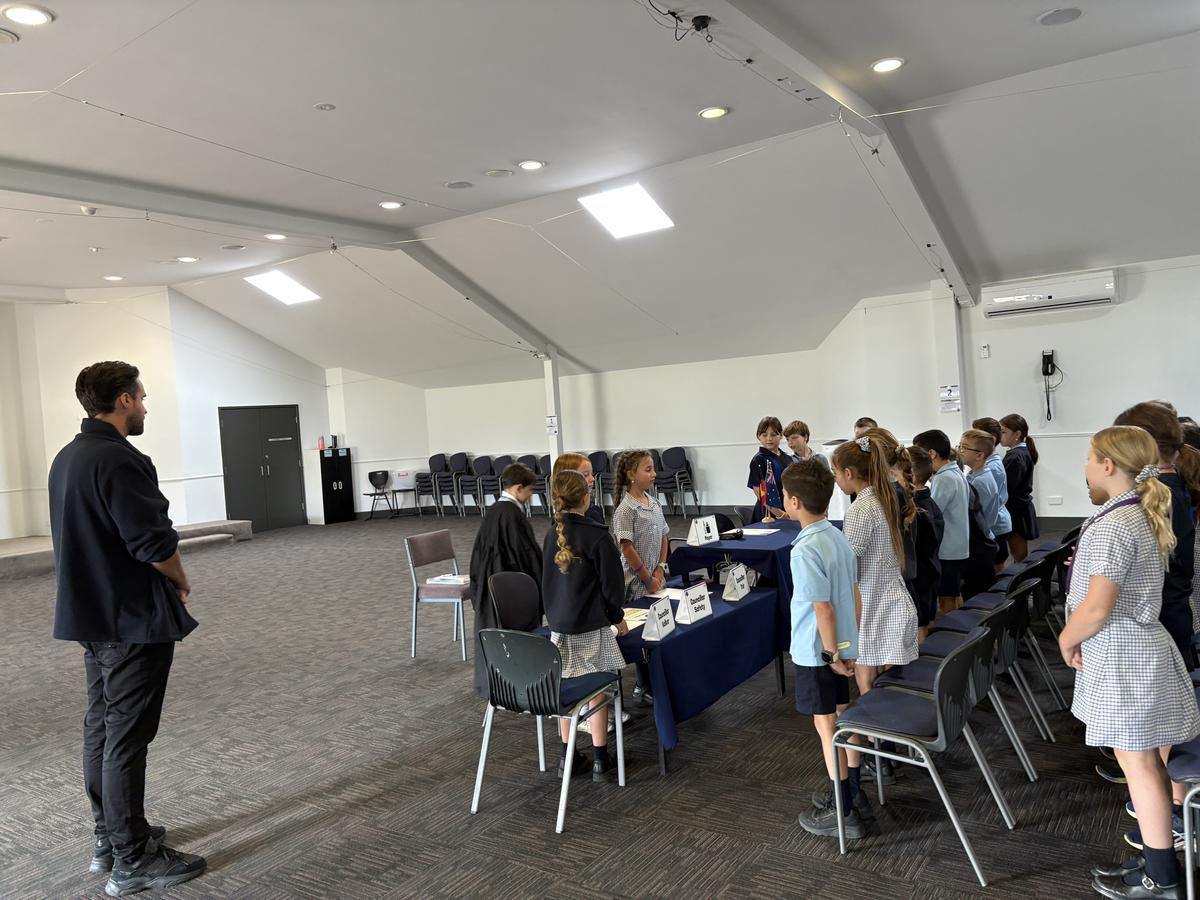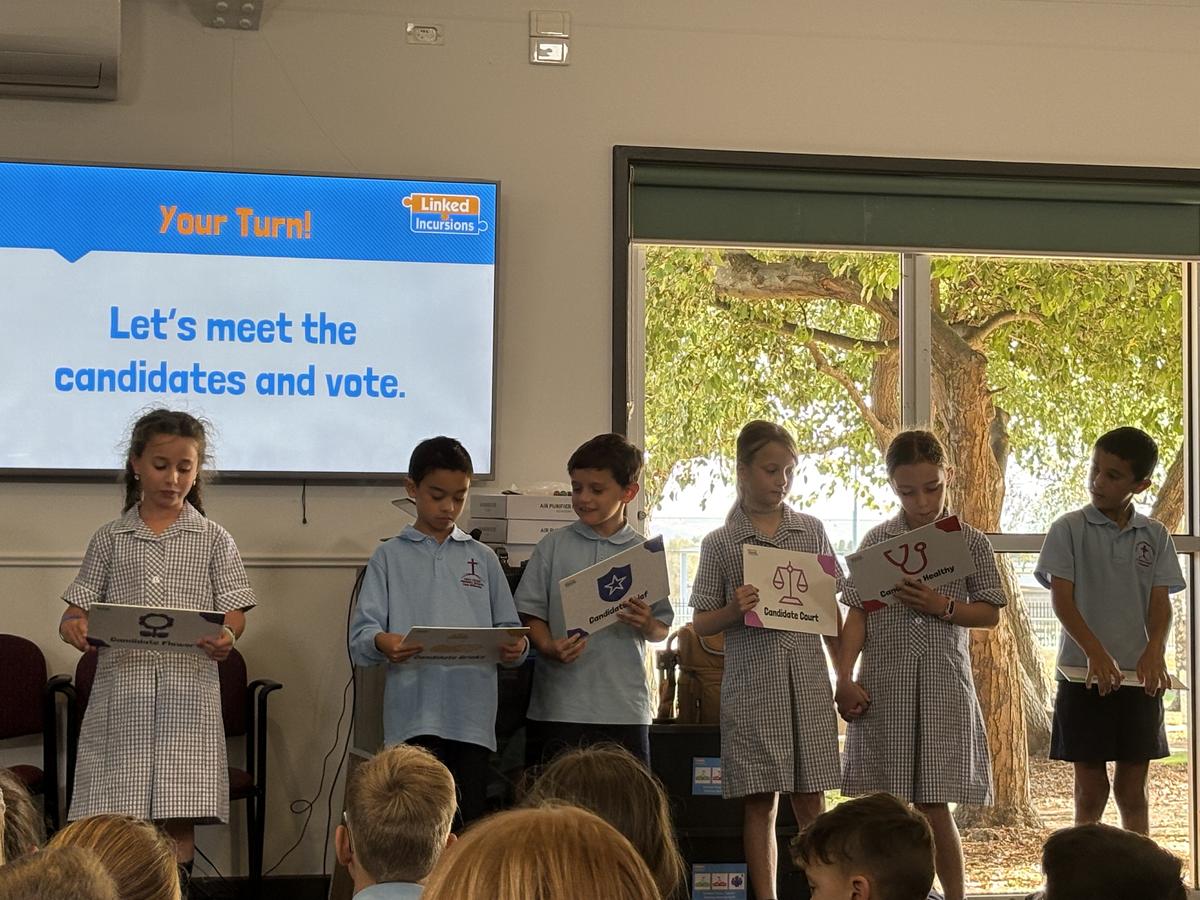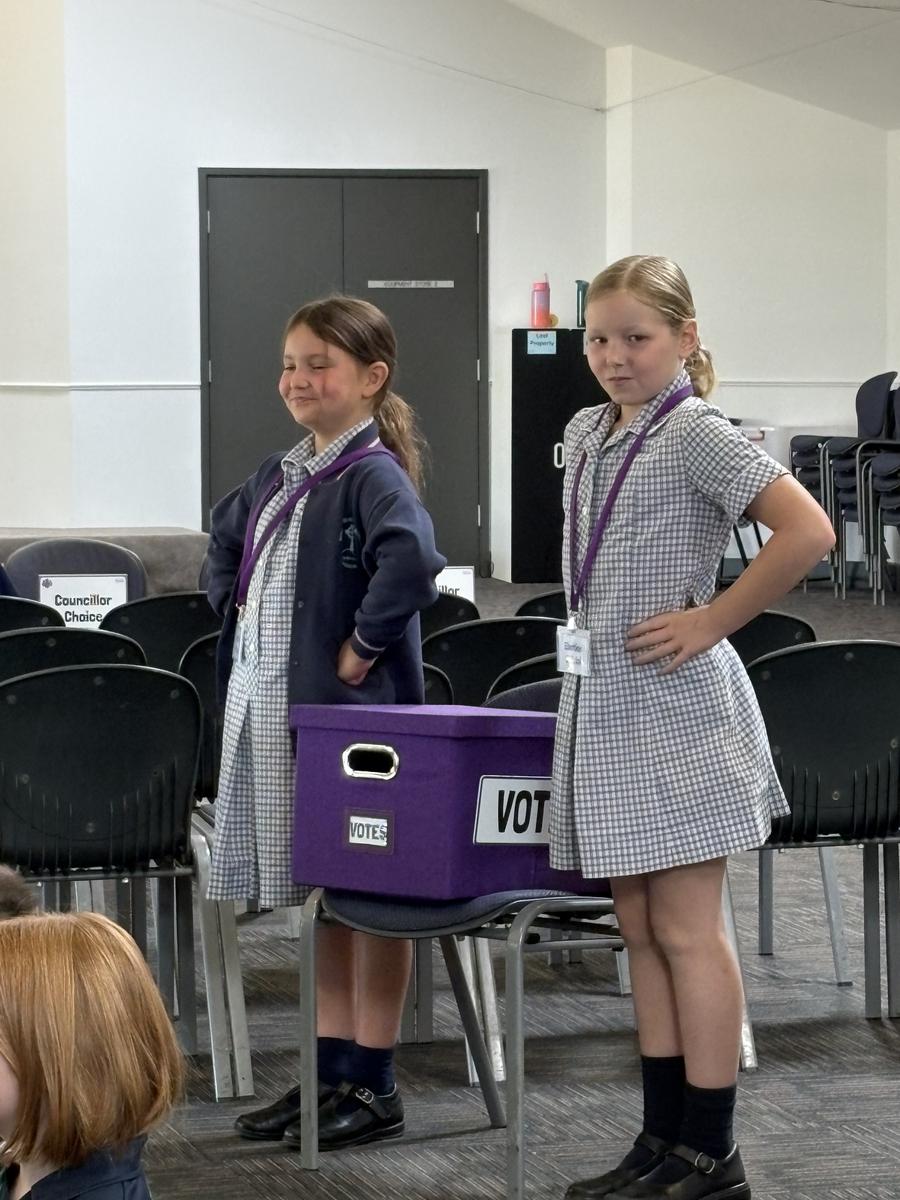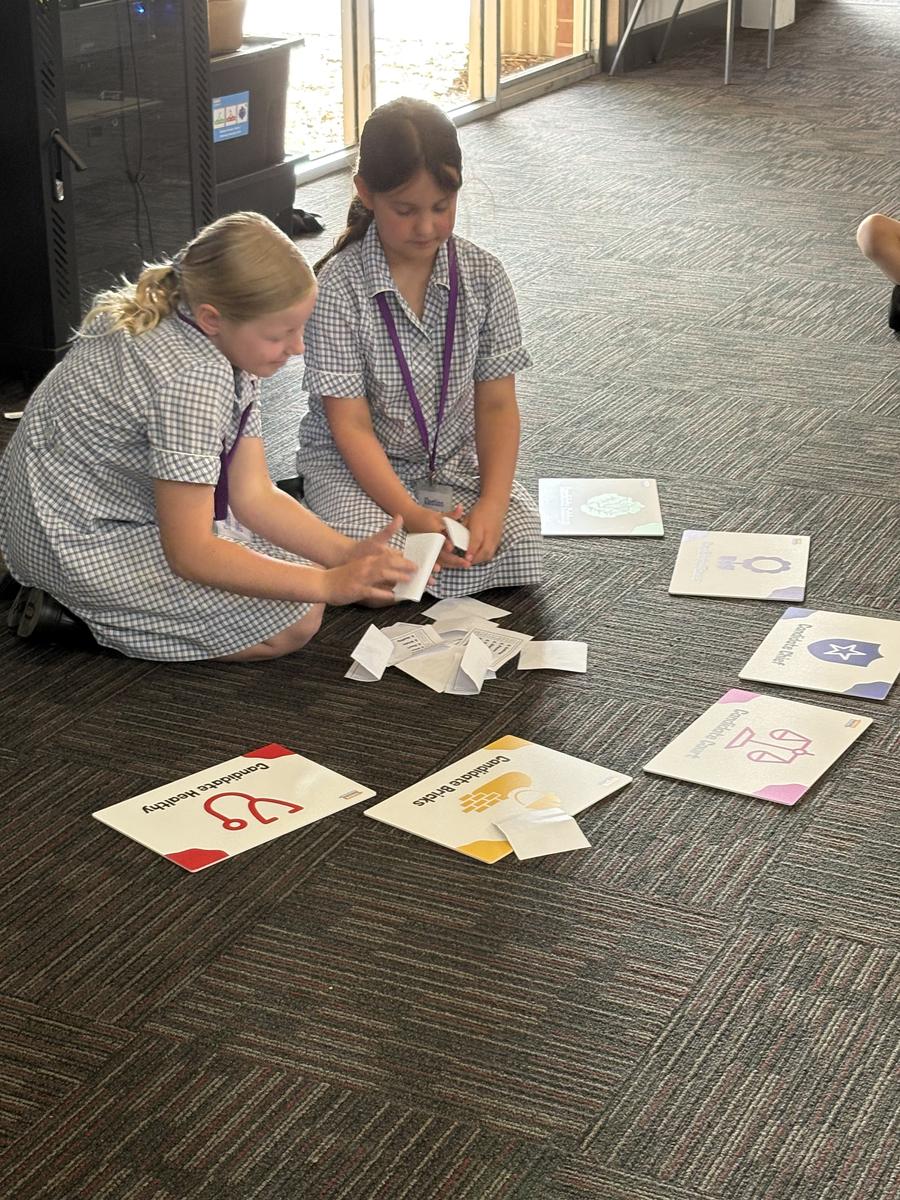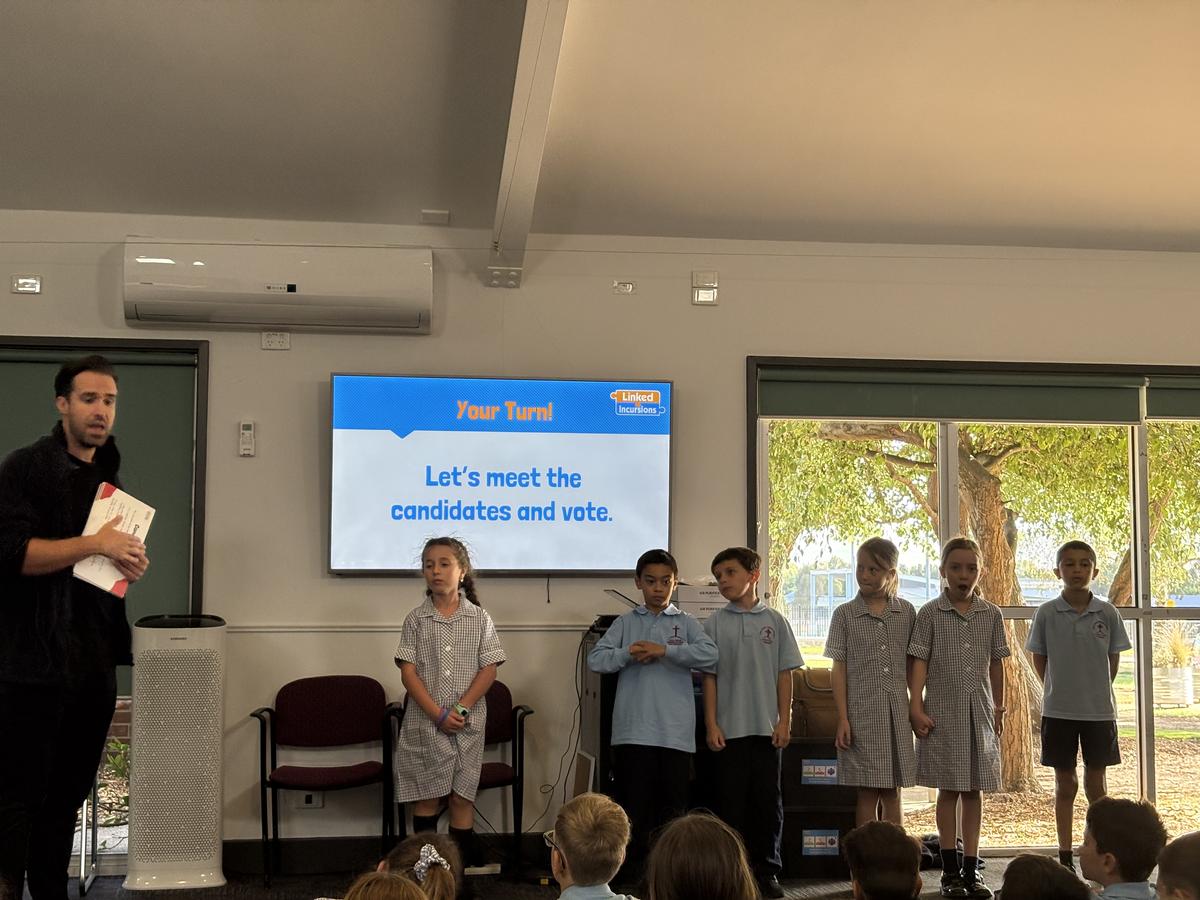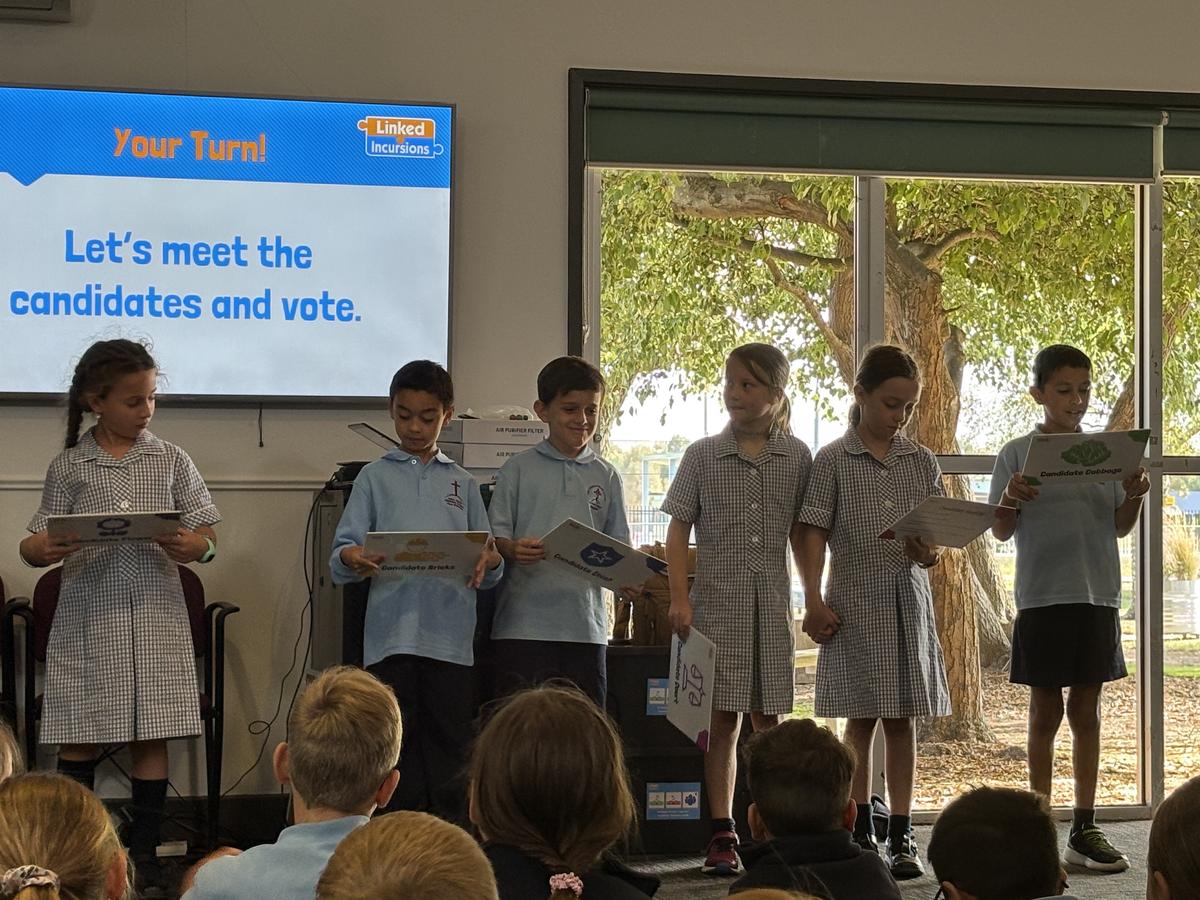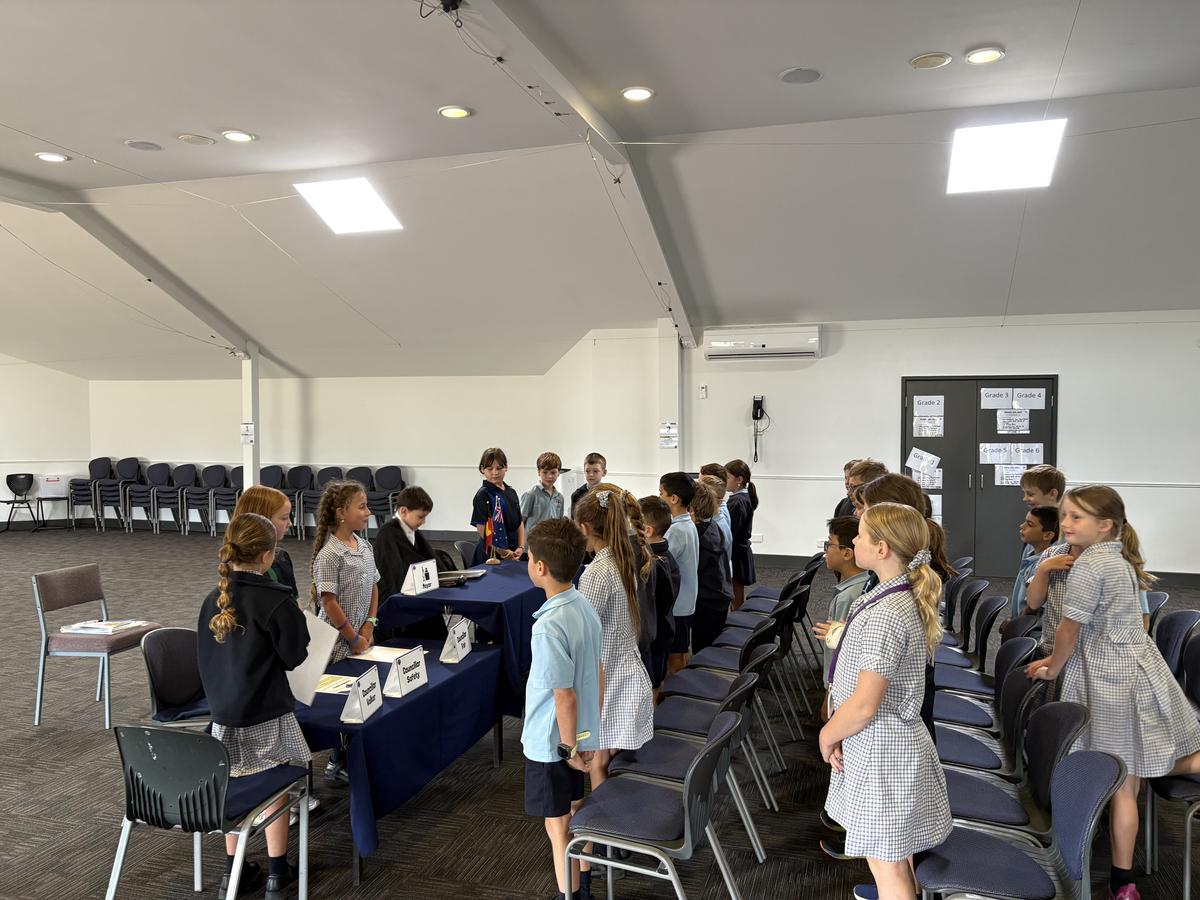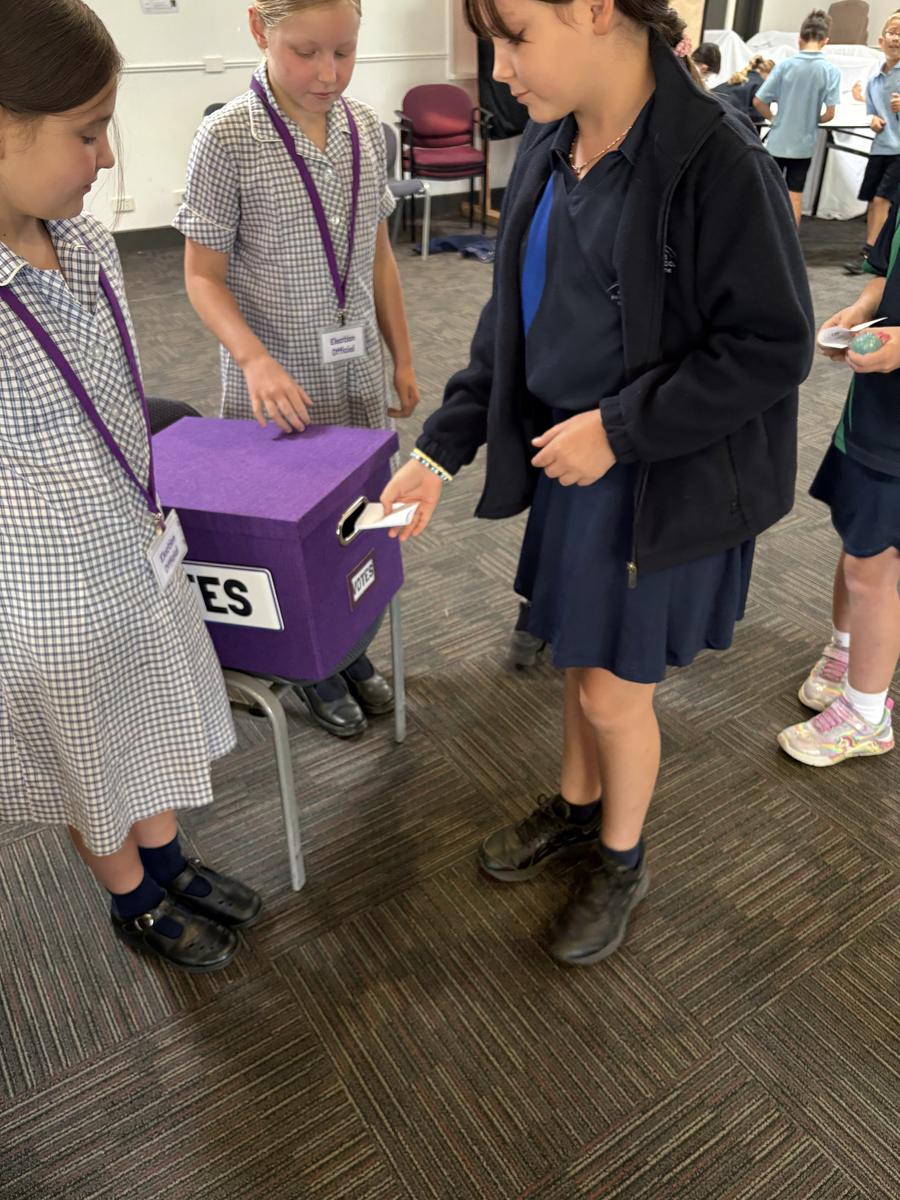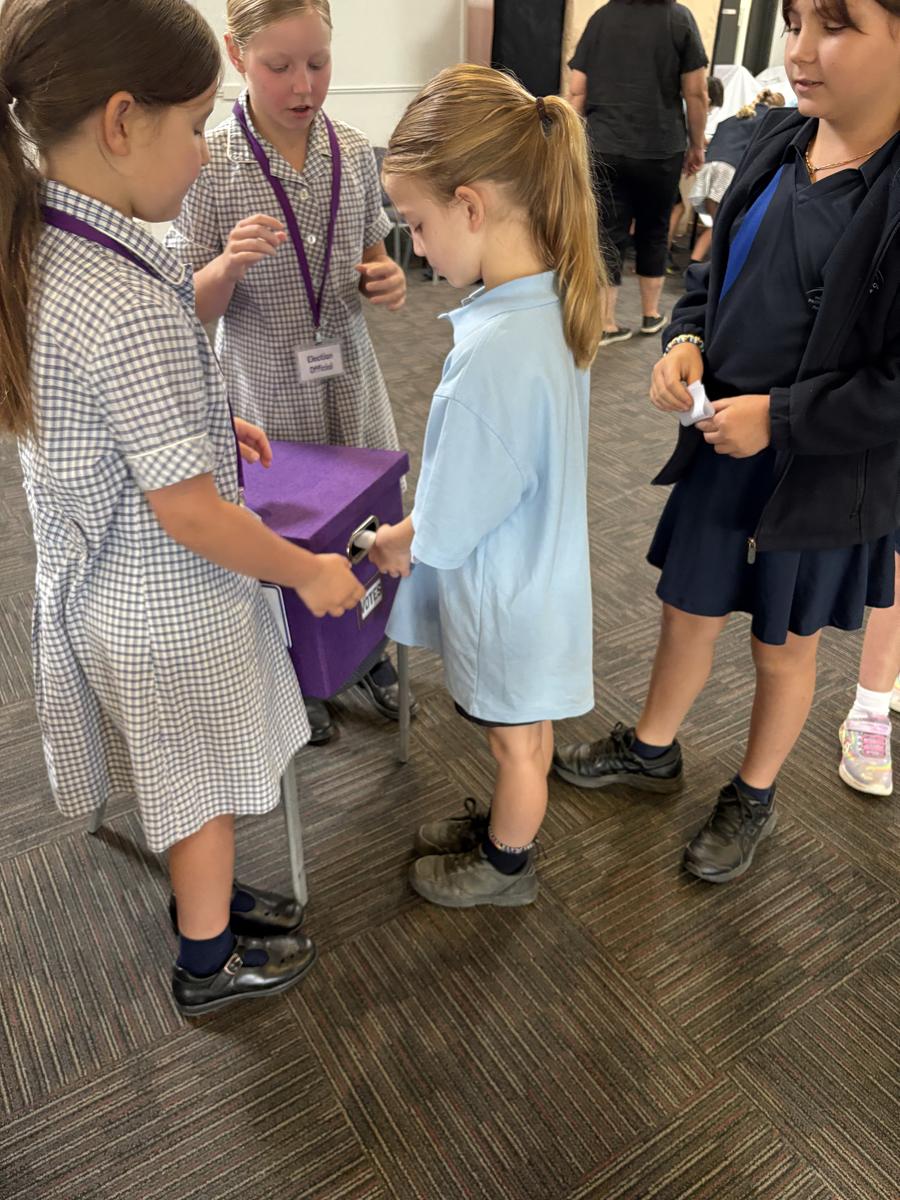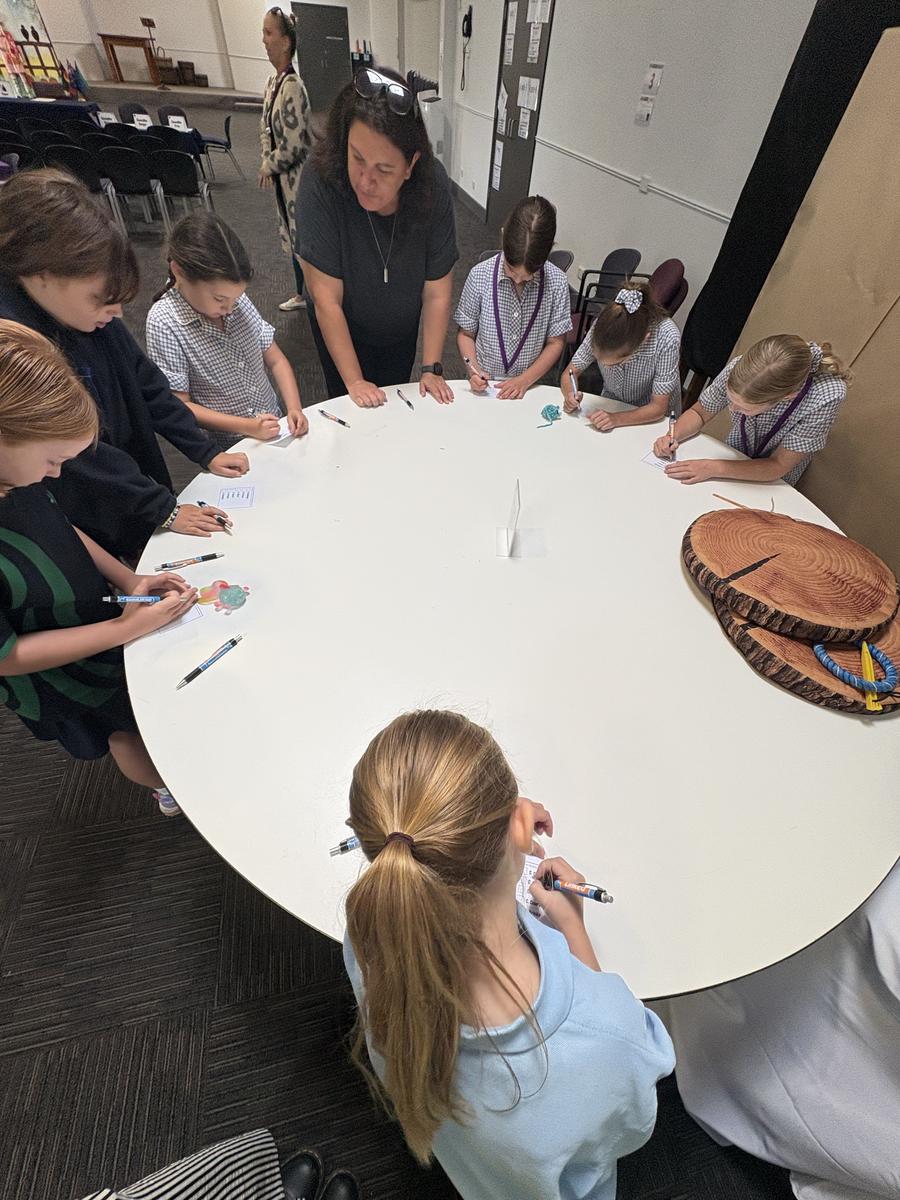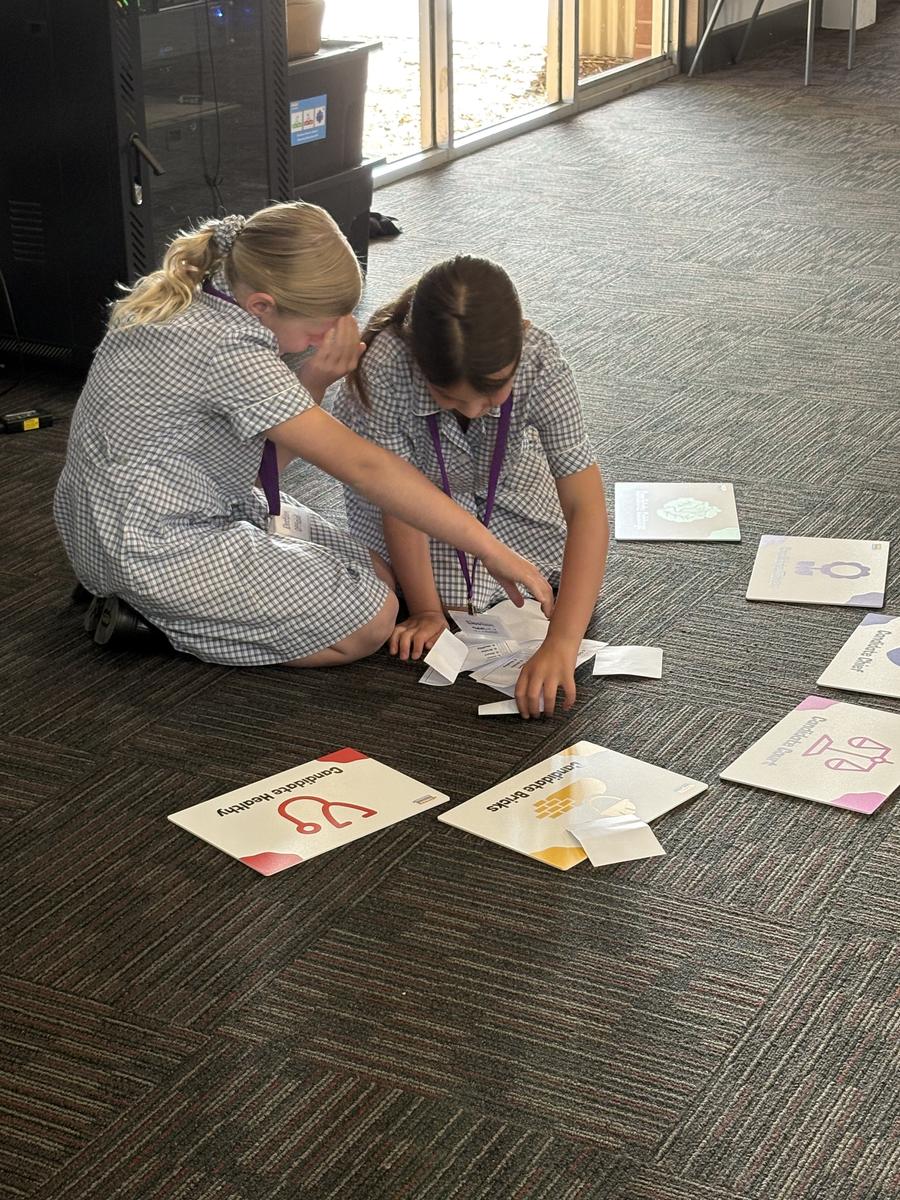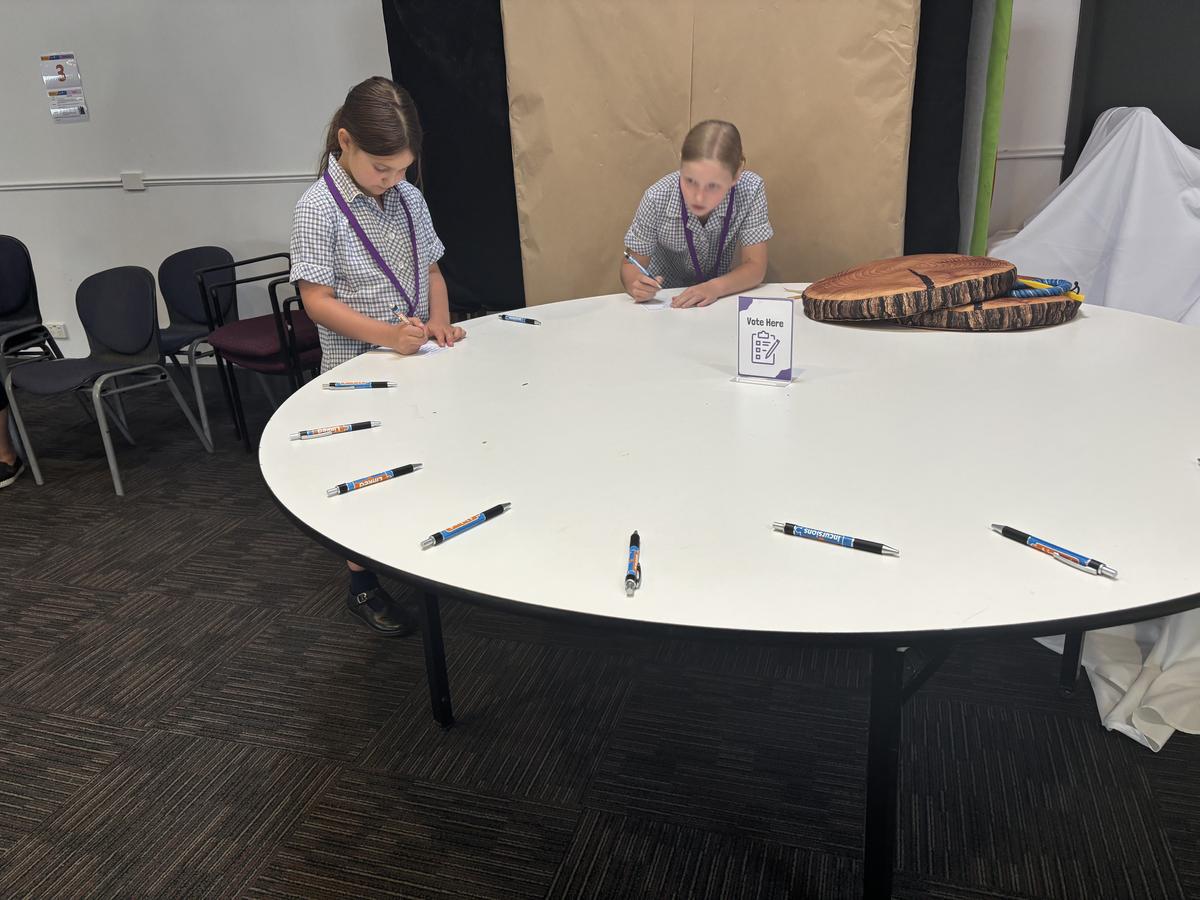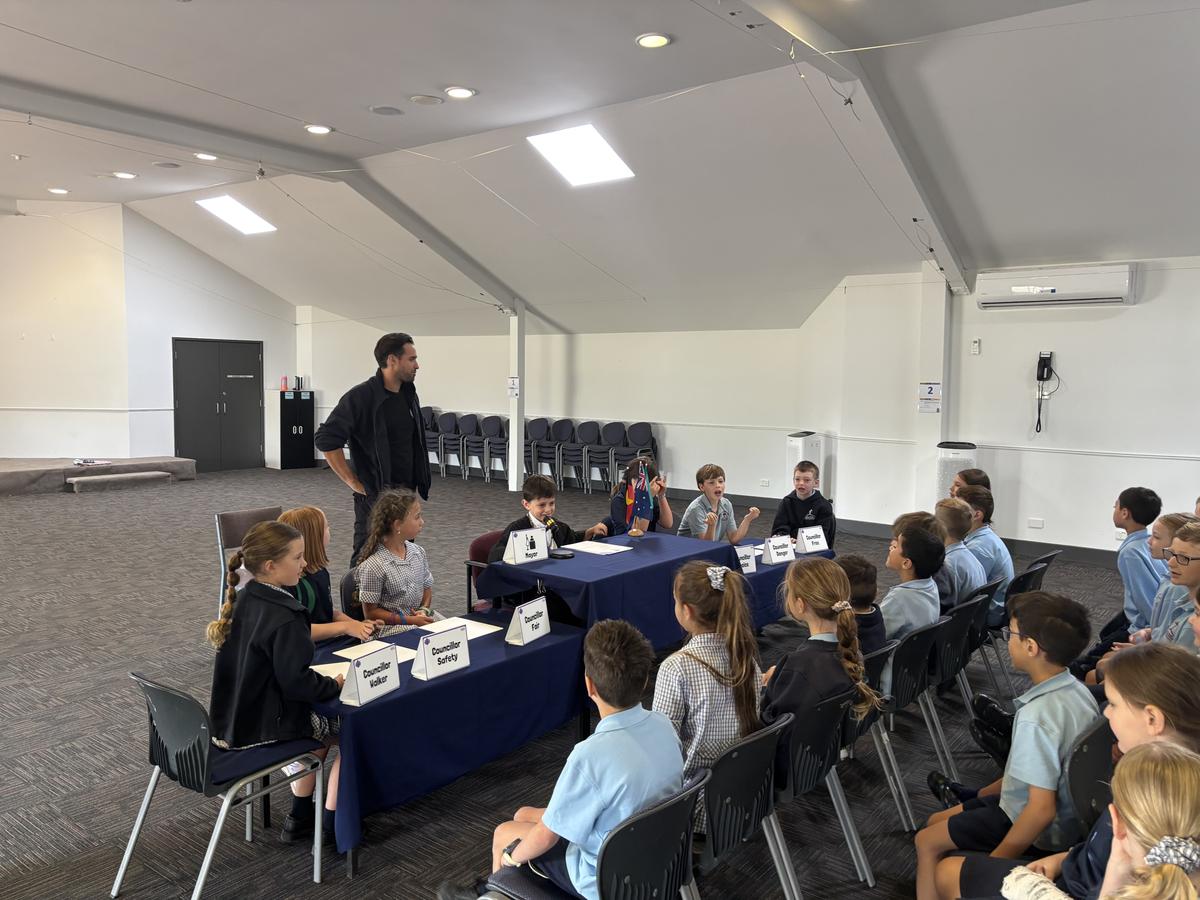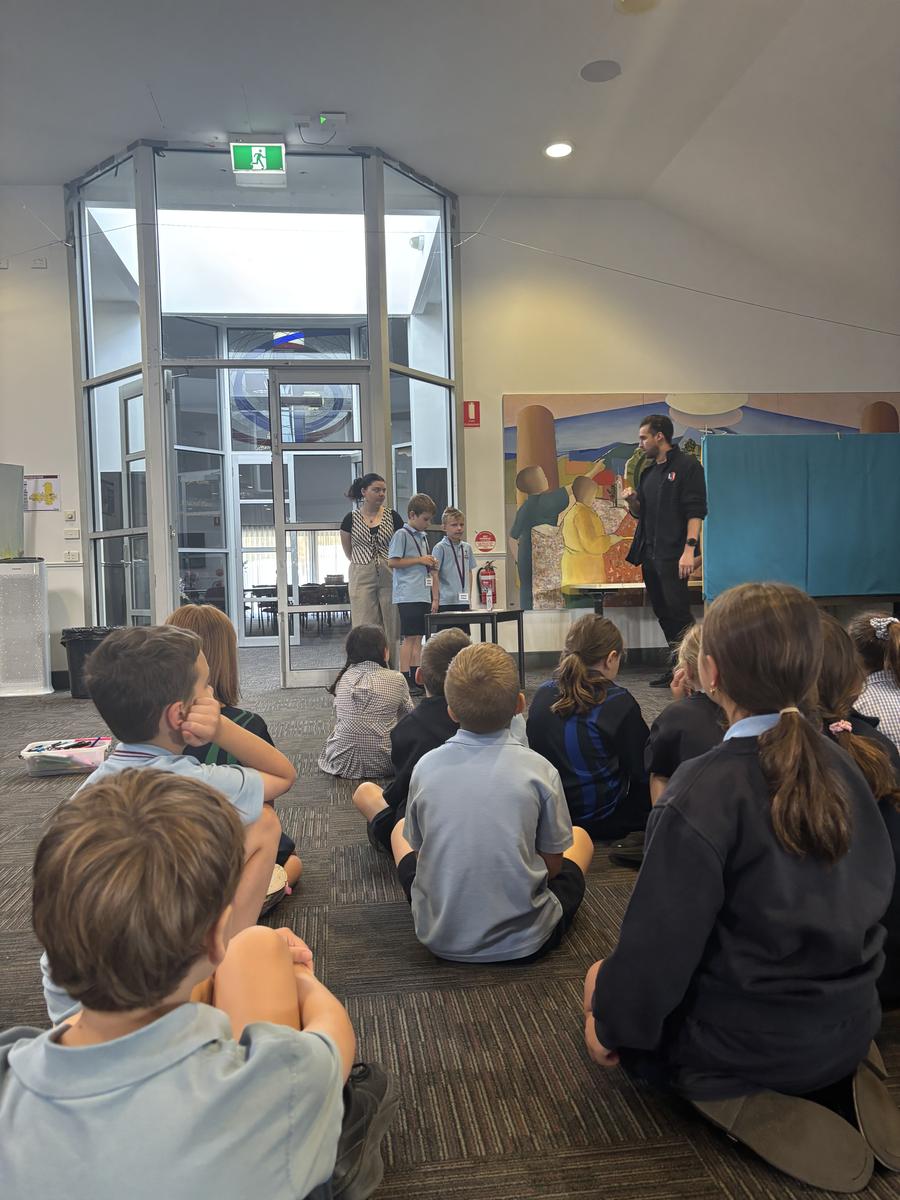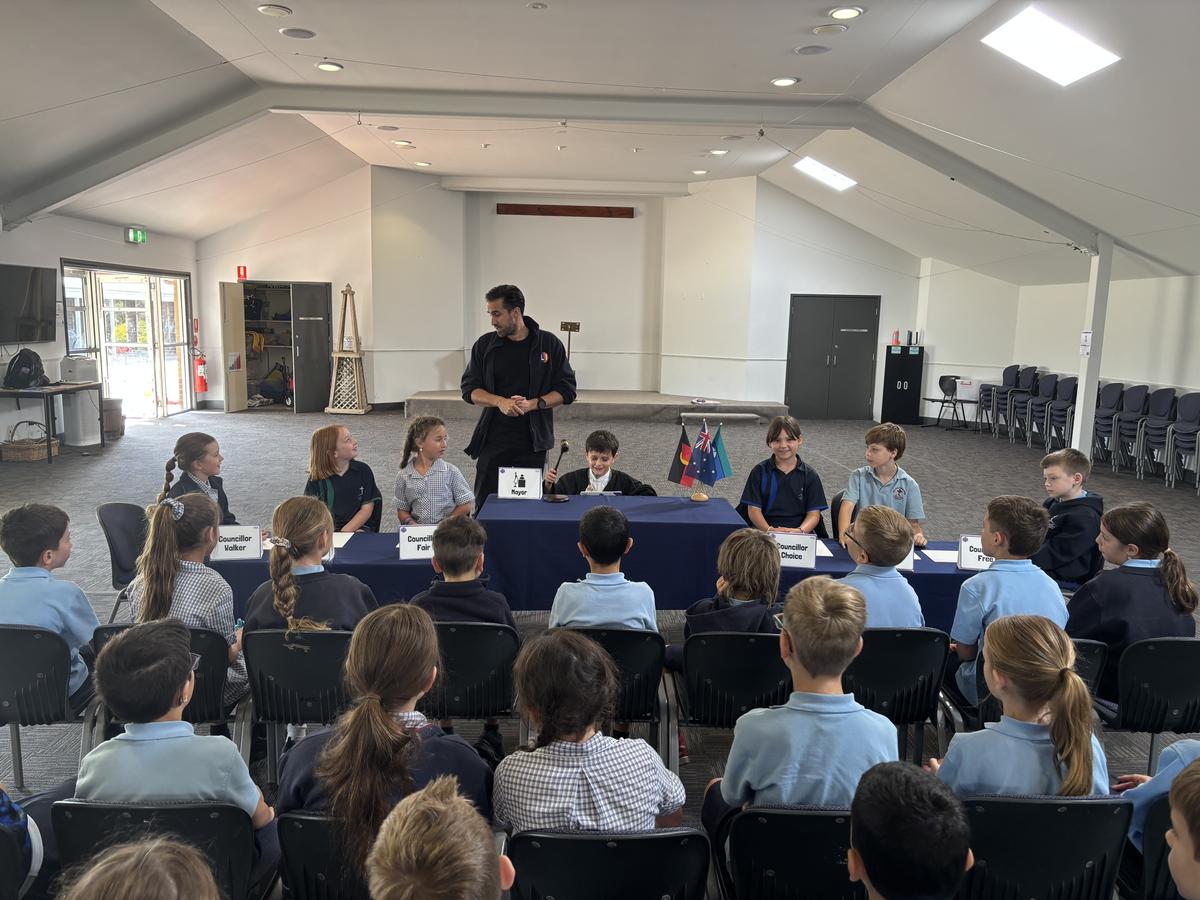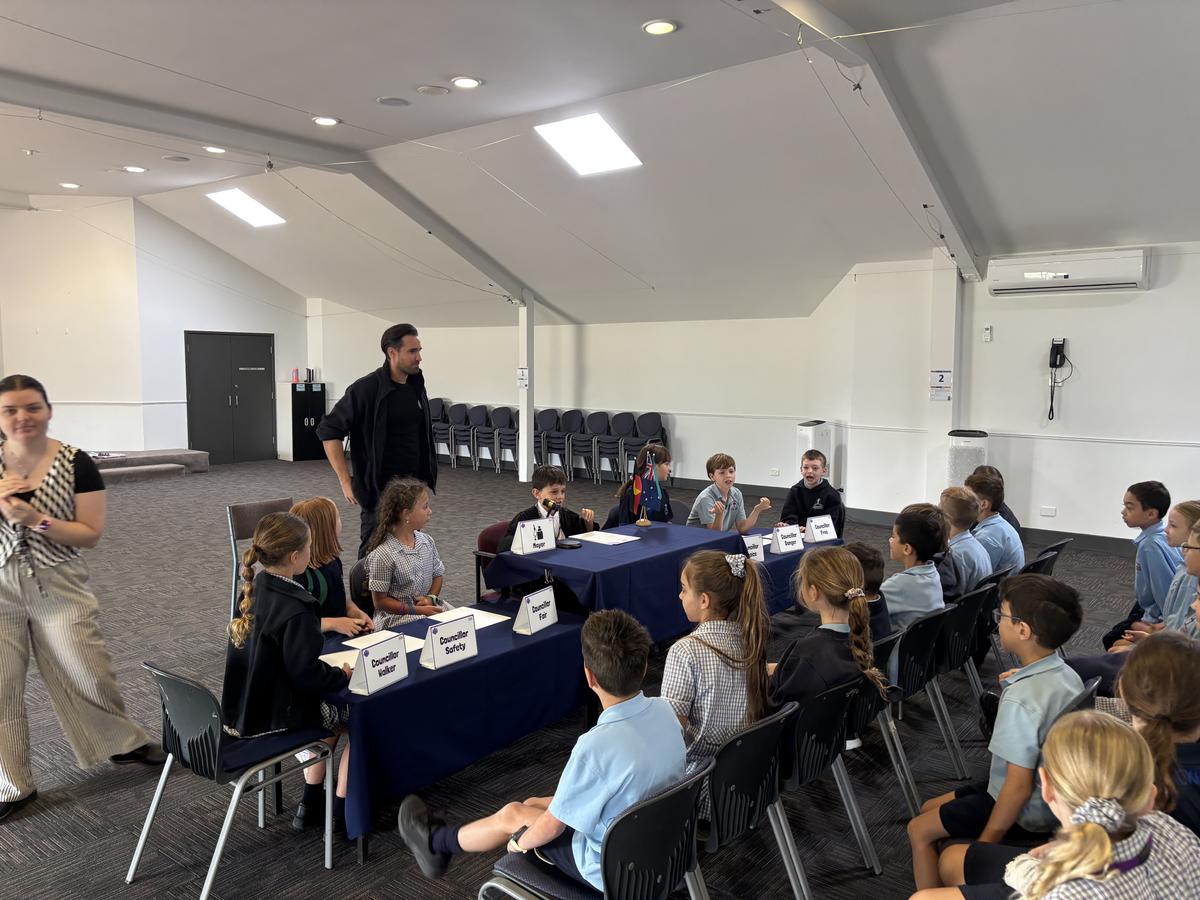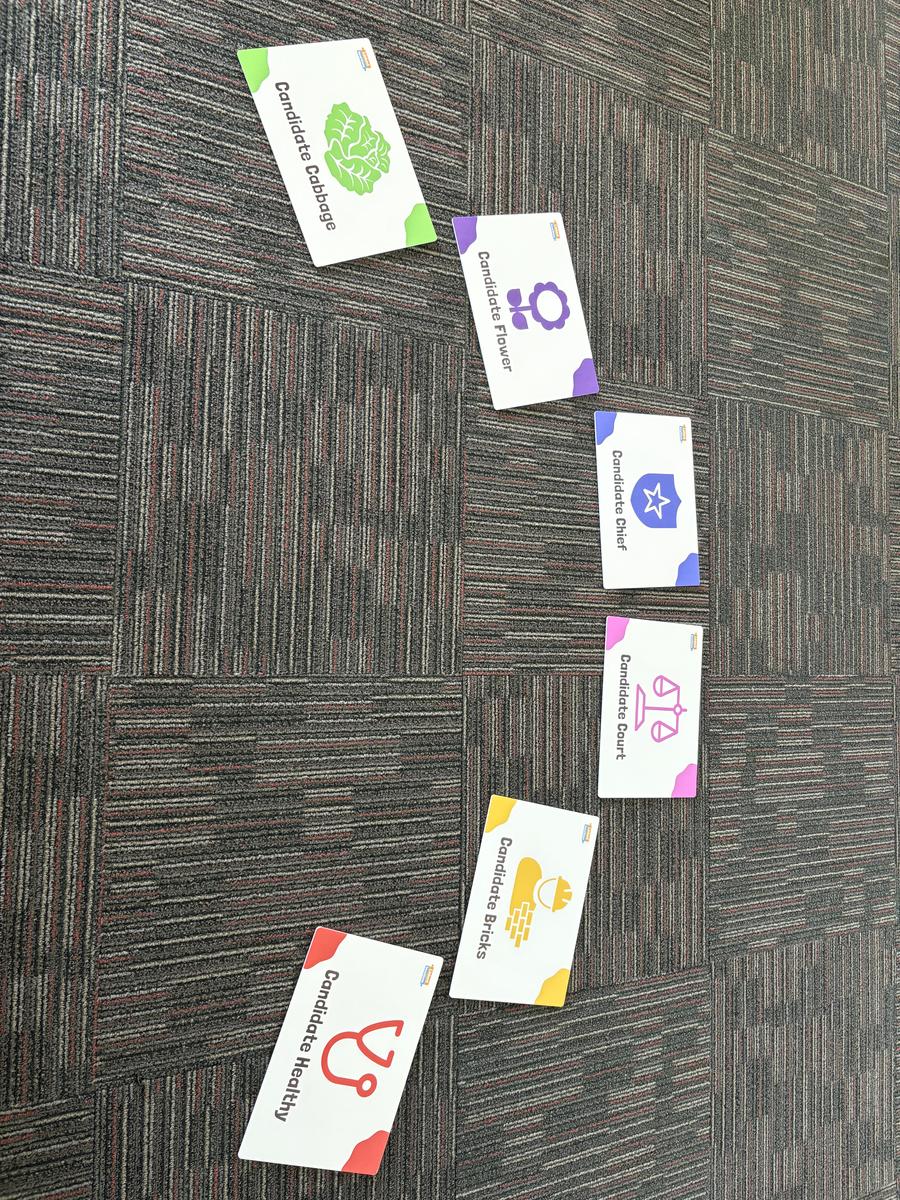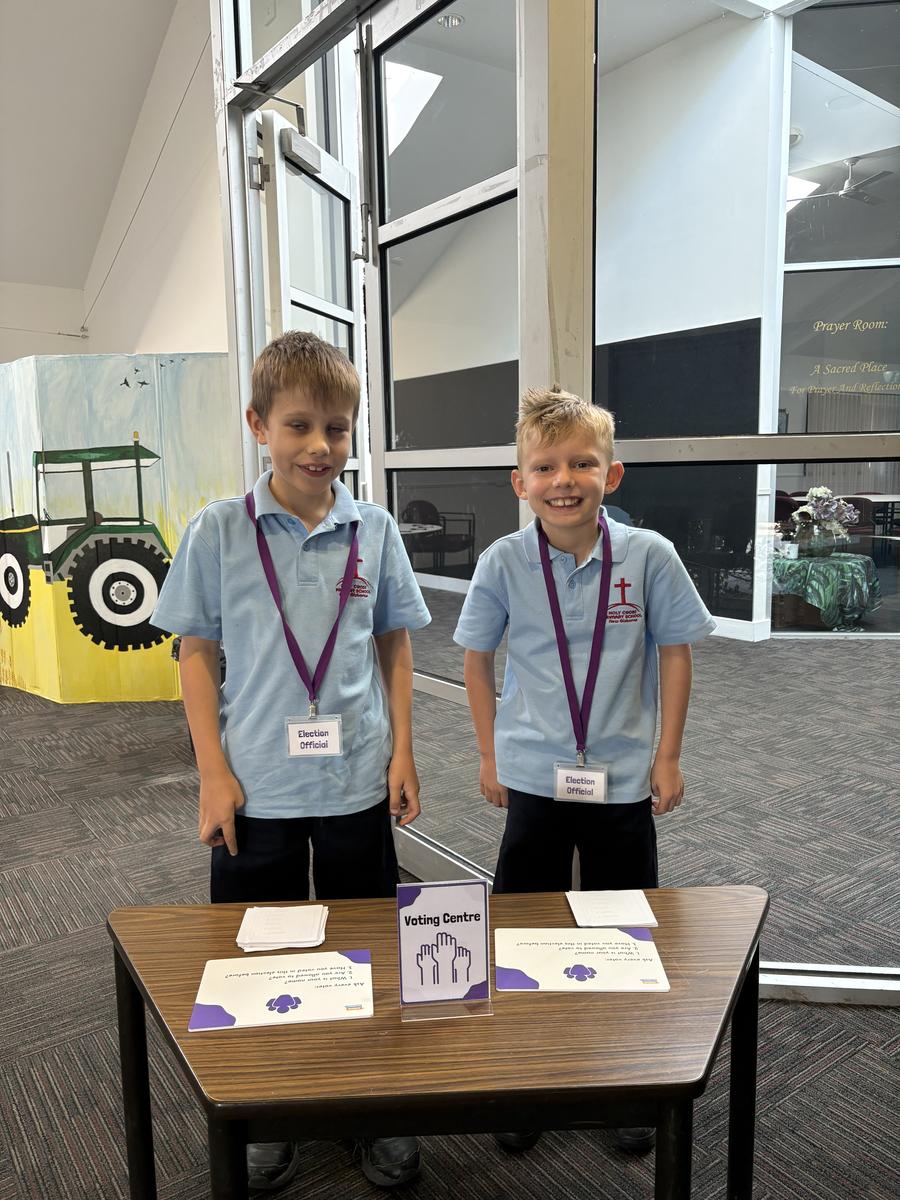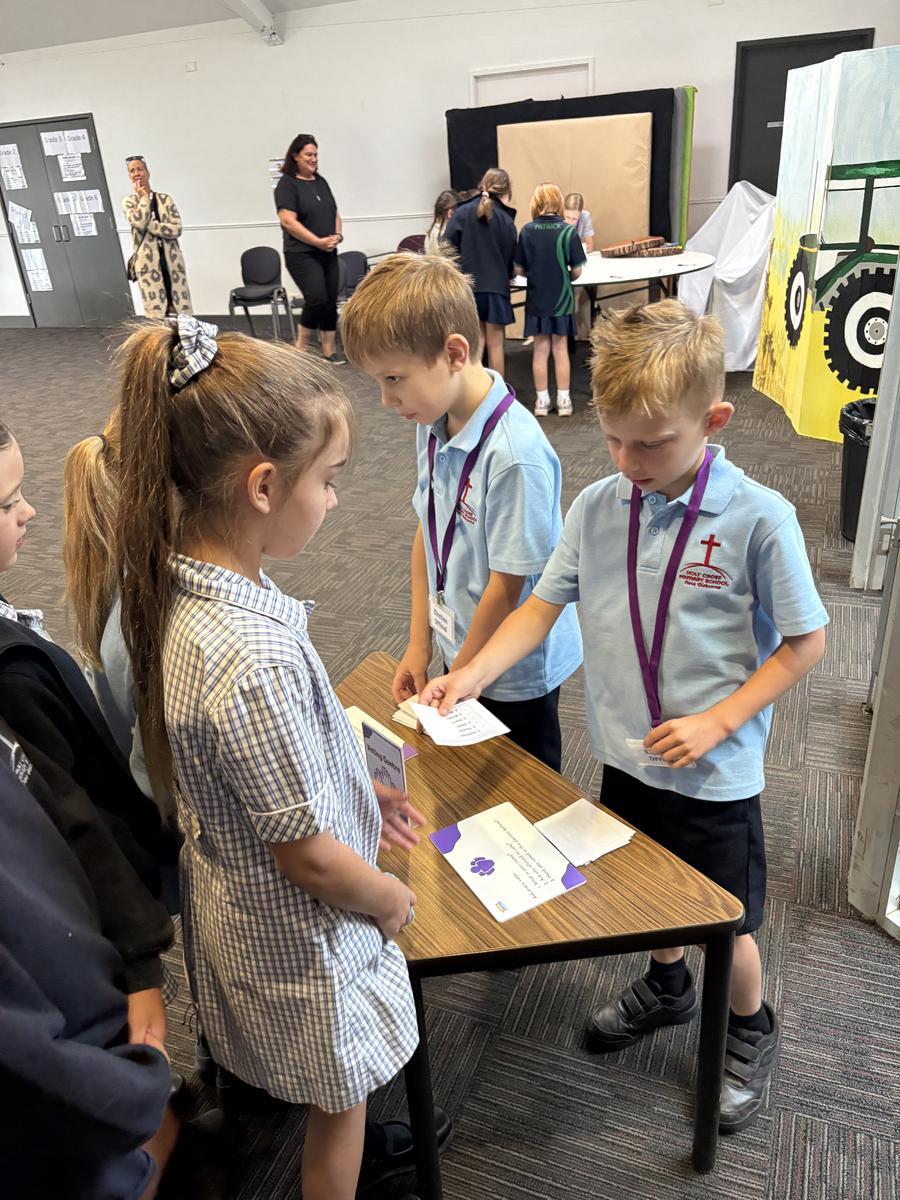Learning & Teaching

Strengthening Writing Instruction: Staff Engage in Professional Development with Dr Nathaniel Swain
This Tuesday, Holy Cross staff participated in a dynamic Professional Development Day focused on best practice in teaching writing, led by Dr Nathaniel Swain. A leading expert in literacy education, Dr Swain is well known for his research and advocacy in evidence-based teaching practices, particularly in the Science of Learning.
Throughout the day, staff engaged in deep discussions and practical demonstrations on effective writing instruction. A key focus was the Science of Learning and how it underpins best practices in writing. Dr Swain reinforced the importance of Explicit Instruction, highlighting how breaking writing into small, clear steps helps children build confidence and skill. Teachers explored Guided Practice, ensuring children have the right scaffolding before working independently.
One major takeaway was the importance of sentence-level teaching before expecting children to write full pieces. By explicitly teaching sentence construction, teachers can address common writing challenges, such as run-on and fragmented sentences. Staff also explored the gradual shift from writing strong sentences to structured paragraphs and, eventually, to complete texts—ensuring each step is explicitly taught and practiced.
The day left staff feeling inspired, with several ‘aha’ moments and a toolkit of practical strategies to take straight into the classroom. With this renewed focus on evidence-based writing instruction, Holy Cross is excited to continue fostering strong and confident writers.
Holy Cross Classrooms:
What's been happening in Middle School this week?
Year 3:
It has been a big week for our Year 3 children as they took on their very first NAPLAN assessments! The week began with the Writing assessment on Wednesday, followed by Reading, Conventions of Language (spelling and grammar), and finally, the Numeracy assessment. We are extremely proud of the way our Year 3 children approached each assessment with a positive mindset and a commitment to doing their best.
In Mathematics, the children have been deepening their understanding of time concepts. They have been learning to select appropriate formal units—such as seconds, minutes, and hours—to measure different examples of elapsed time. Additionally, they have been practicing estimating the duration of everyday events, refining their ability to use appropriate formal units of time.
In Faith, the children have been preparing for the Sacrament of Reconciliation, which they will receive on March 26. Reconciliation is an important sacrament in the Catholic tradition, allowing individuals to reflect on their actions, seek forgiveness, and restore their relationship with God and others. The children have been exploring the meaning of forgiveness, and how they can demonstrate kindness and understanding in their daily lives.
During Inquiry, the children have been investigating different types of decision-making processes, with a strong focus on democratic decision-making in Australian communities. To bring their learning to life, they participated in an engaging incursion where they re-enacted a simplified version of how the government makes important decisions. They then applied their understanding in the classroom by debating and role-playing around a real-life community issue: timed Wi-Fi shutdowns. This hands-on experience helped children grasp how decisions are made fairly in a democracy and the importance of considering different perspectives.
It has been a fantastic couple of weeks of learning!
Year 4:
The past two weeks have been filled with rich learning experiences for our Year 4 children across all areas of the curriculum.
In Literacy, the children have been continuing their novel study on Kensuke’s Kingdom. Through this, they have been expanding their vocabulary and grammar skills while developing a range of comprehension strategies to deepen their understanding of the text. To build their background knowledge on the novel’s themes, the children have also been engaging with non-fiction texts about coral reefs and exploring the life of a sailor. Additionally, the children have been working in small groups with Mr Wenczel each week to refine their reading skills.
In Writing, the focus has been on developing exposition texts. Through explicit instruction and teacher modelling, the children have been learning how to effectively construct each component of an exposition, ensuring they use strong arguments, supporting evidence, and clear structure in their writing.
In Mathematics, the children recently wrapped up their work on fractions, where they explored counting by quarters, halves, and eighths, recording fractions in both improper and mixed-numeral form, and accurately plotting fractions on a number line. This week, they transitioned into their new focus on Time, specifically working on efficiently and accurately calculating elapsed time.
In Inquiry, the Year 4 children have been learning about community, laws, governments, and democracy. Taking their learning one step further, they have also been exploring children’s rights, making meaningful connections between global children’s rights and their application at Holy Cross.
In Faith, the children have begun their focus on Lent and Lenten prayer. They have been learning about the significance of this sacred season in the liturgical calendar, reflecting on how Lent is a time for prayer and almsgiving. The children have explored the ways they can prepare their hearts for Easter, considering acts of kindness, personal sacrifices, and ways to strengthen their relationship with God through prayer.

